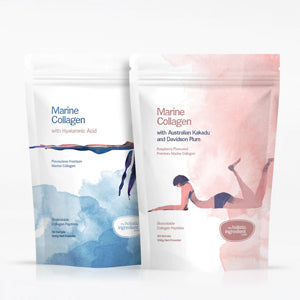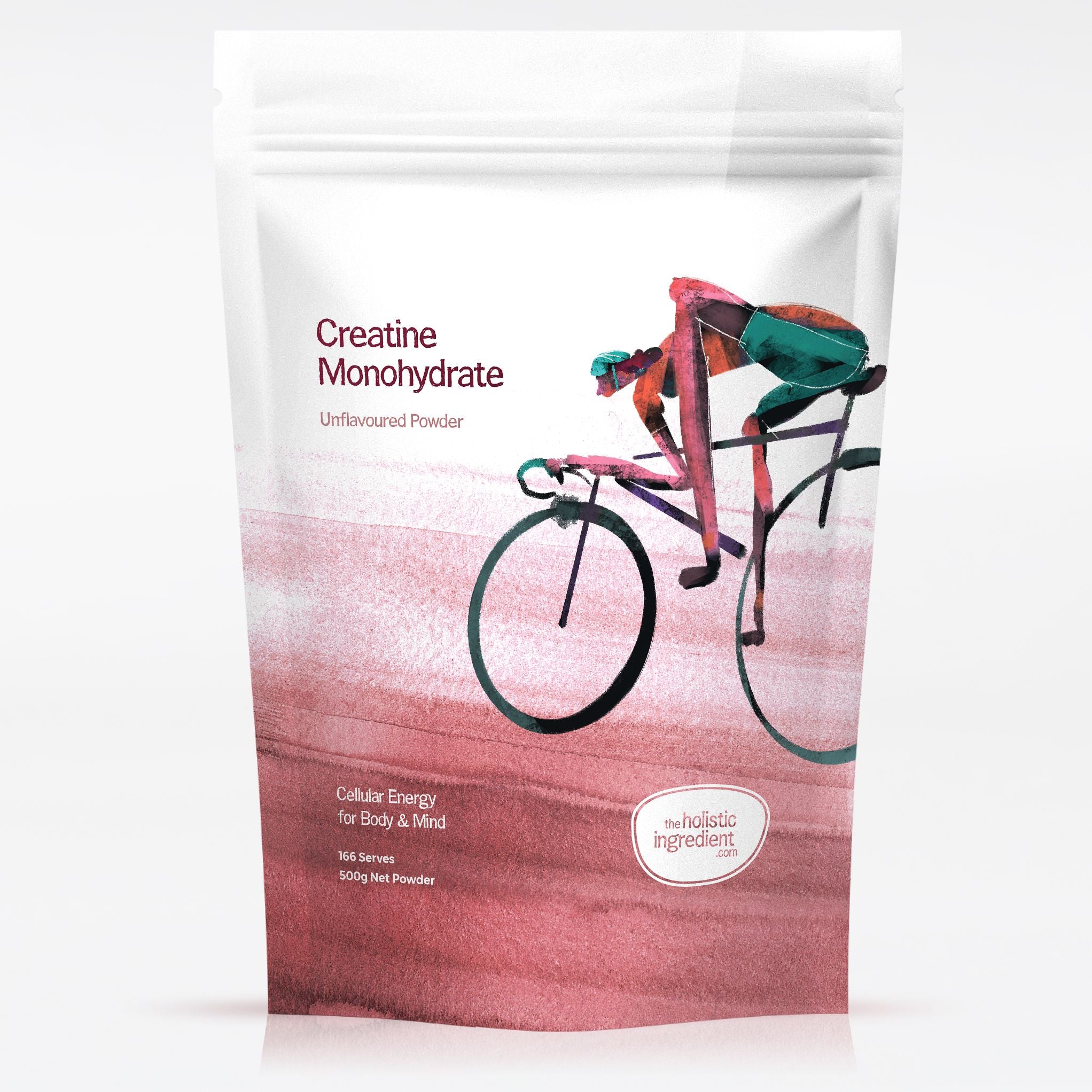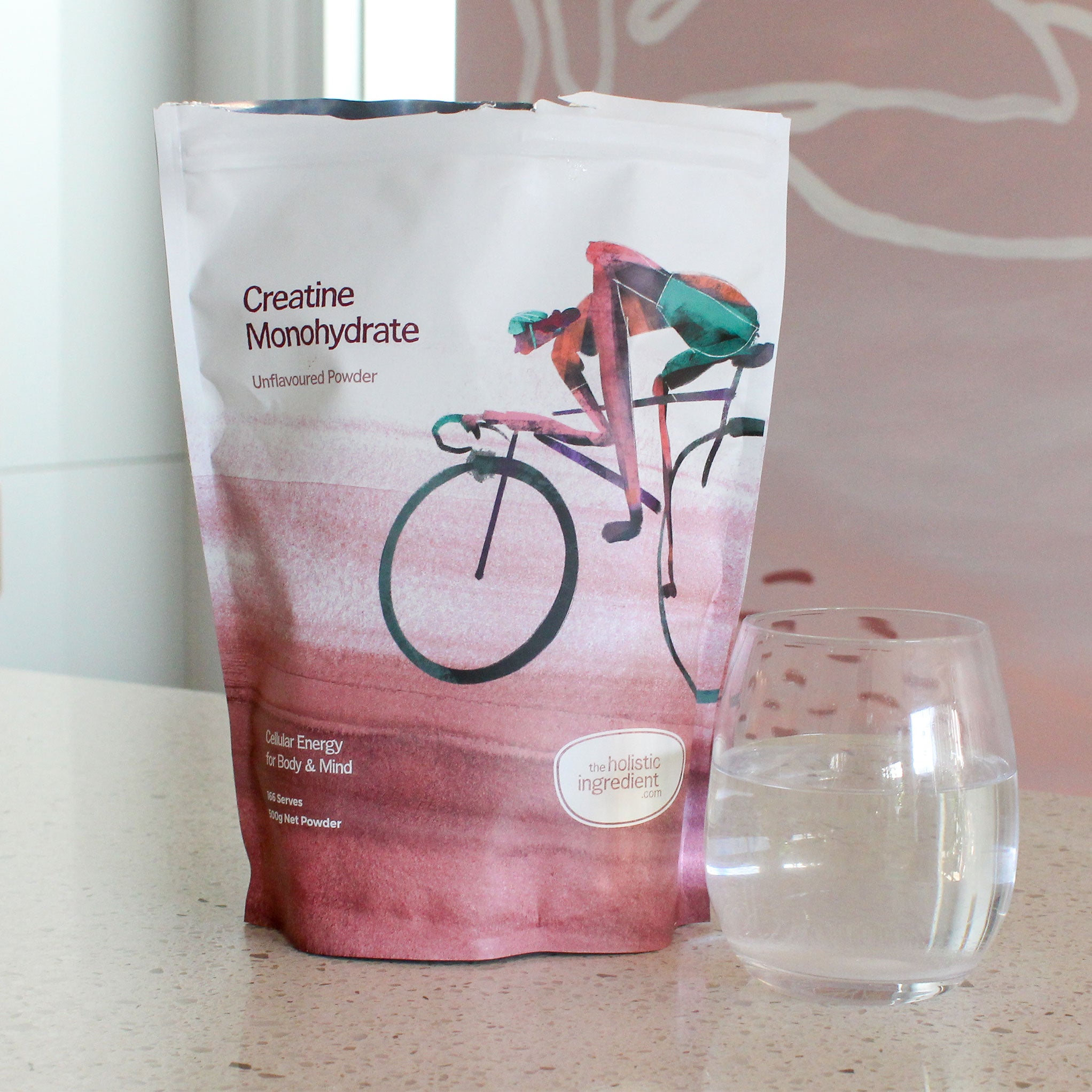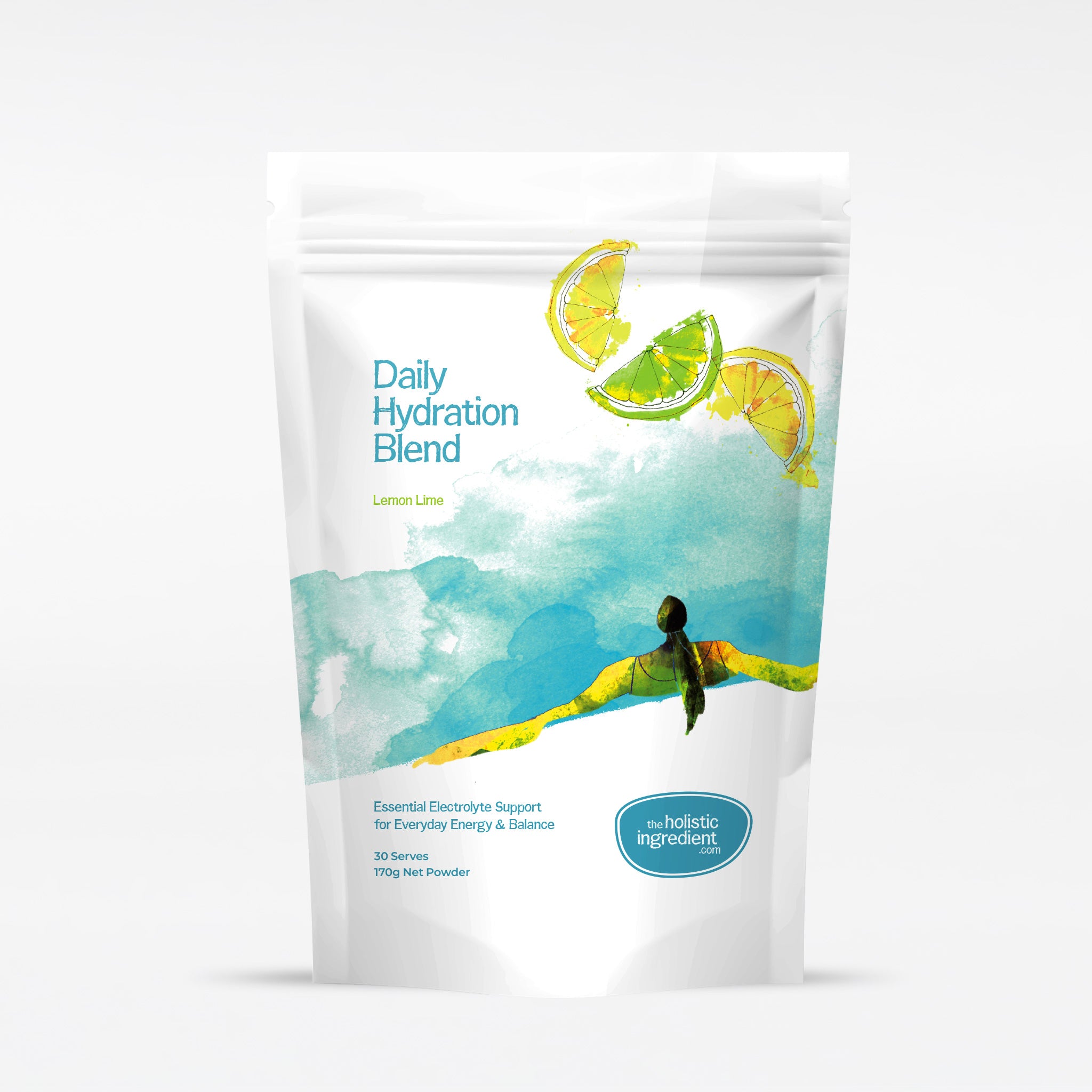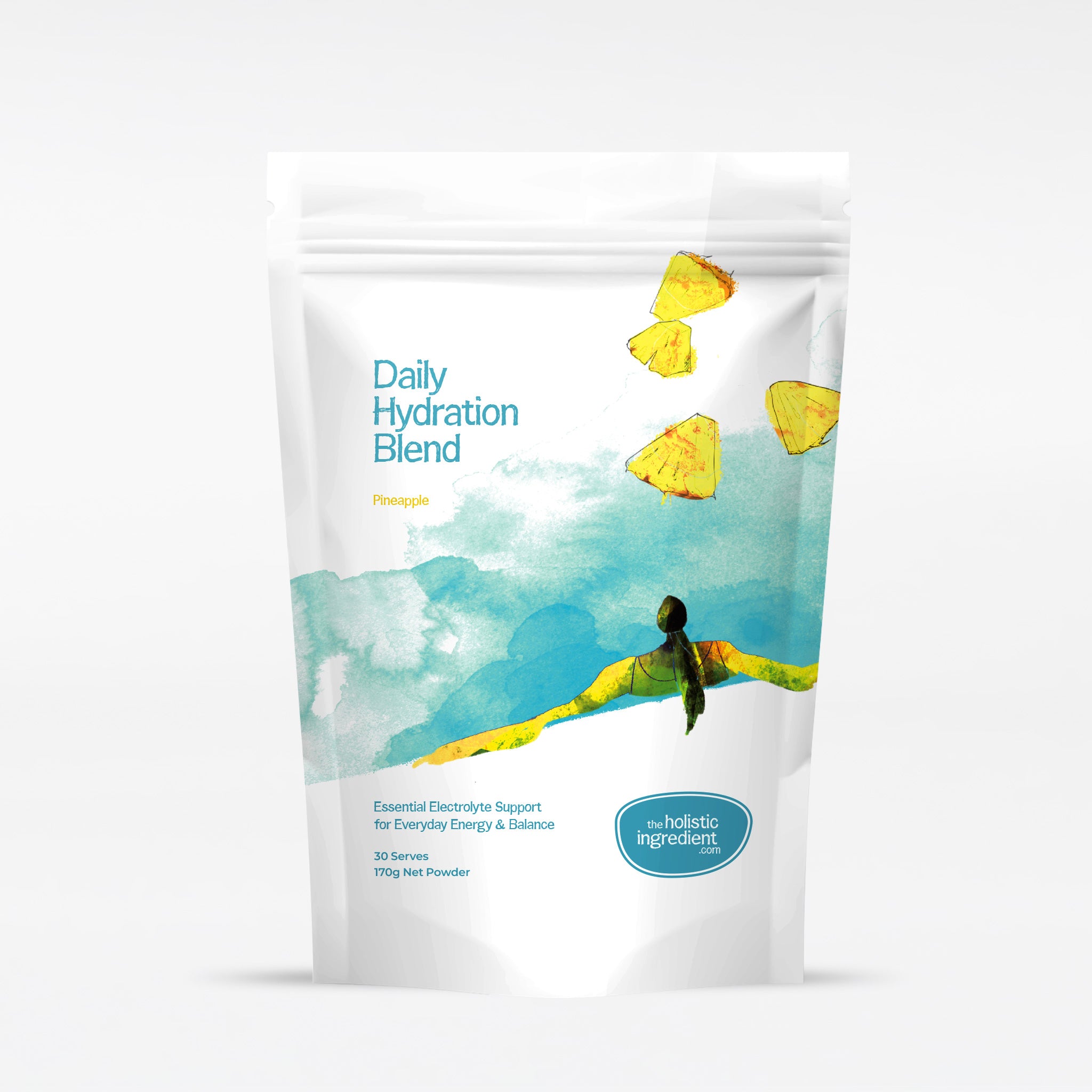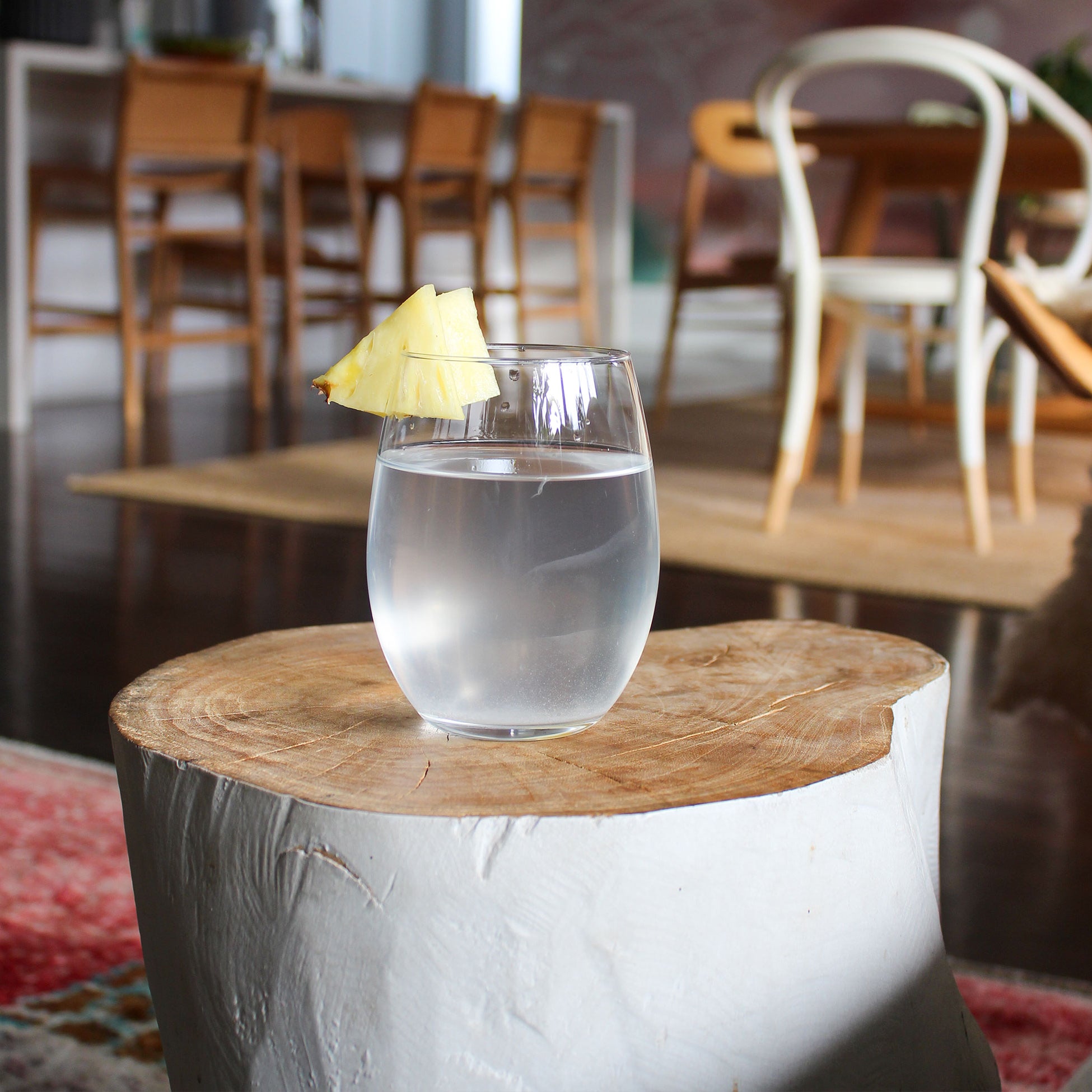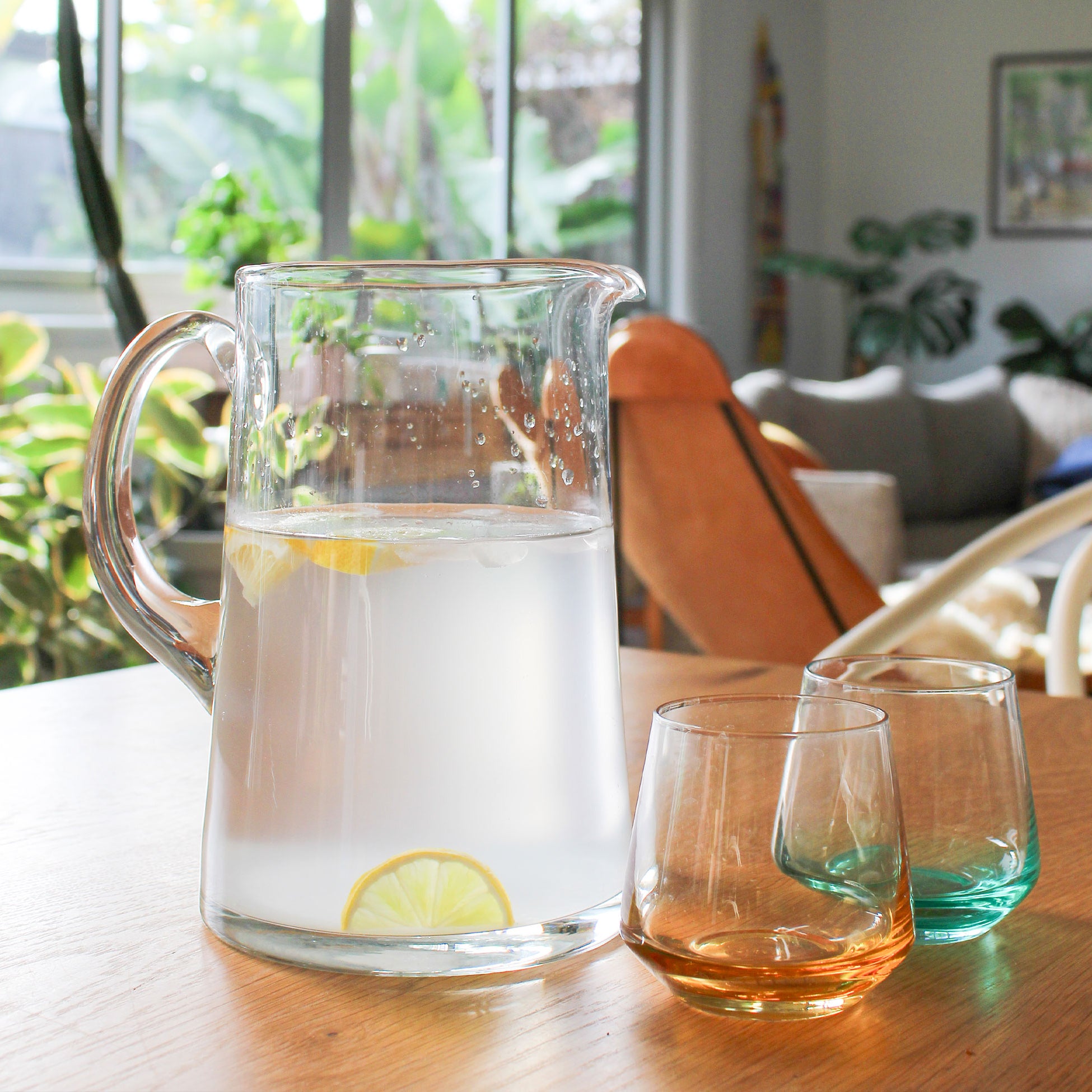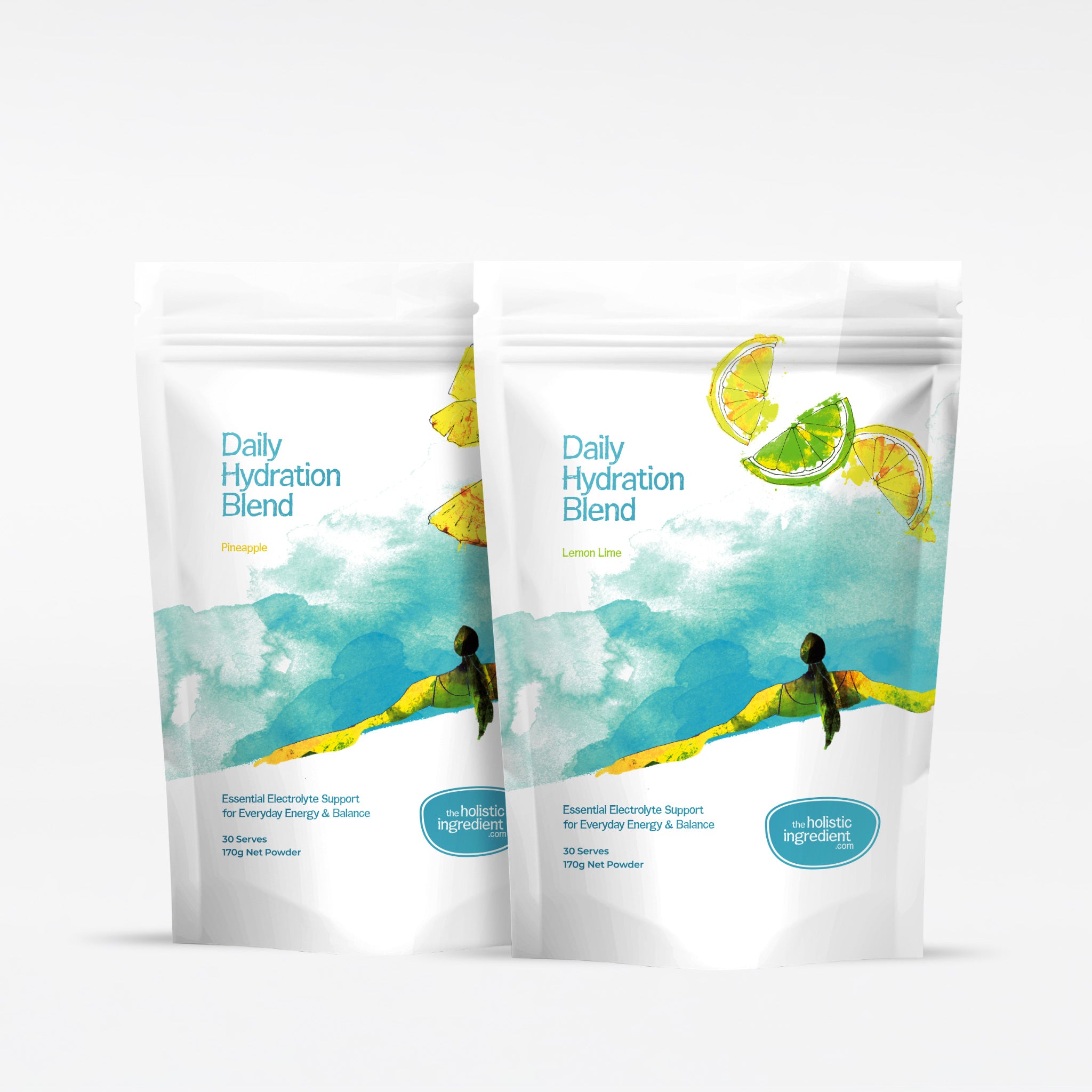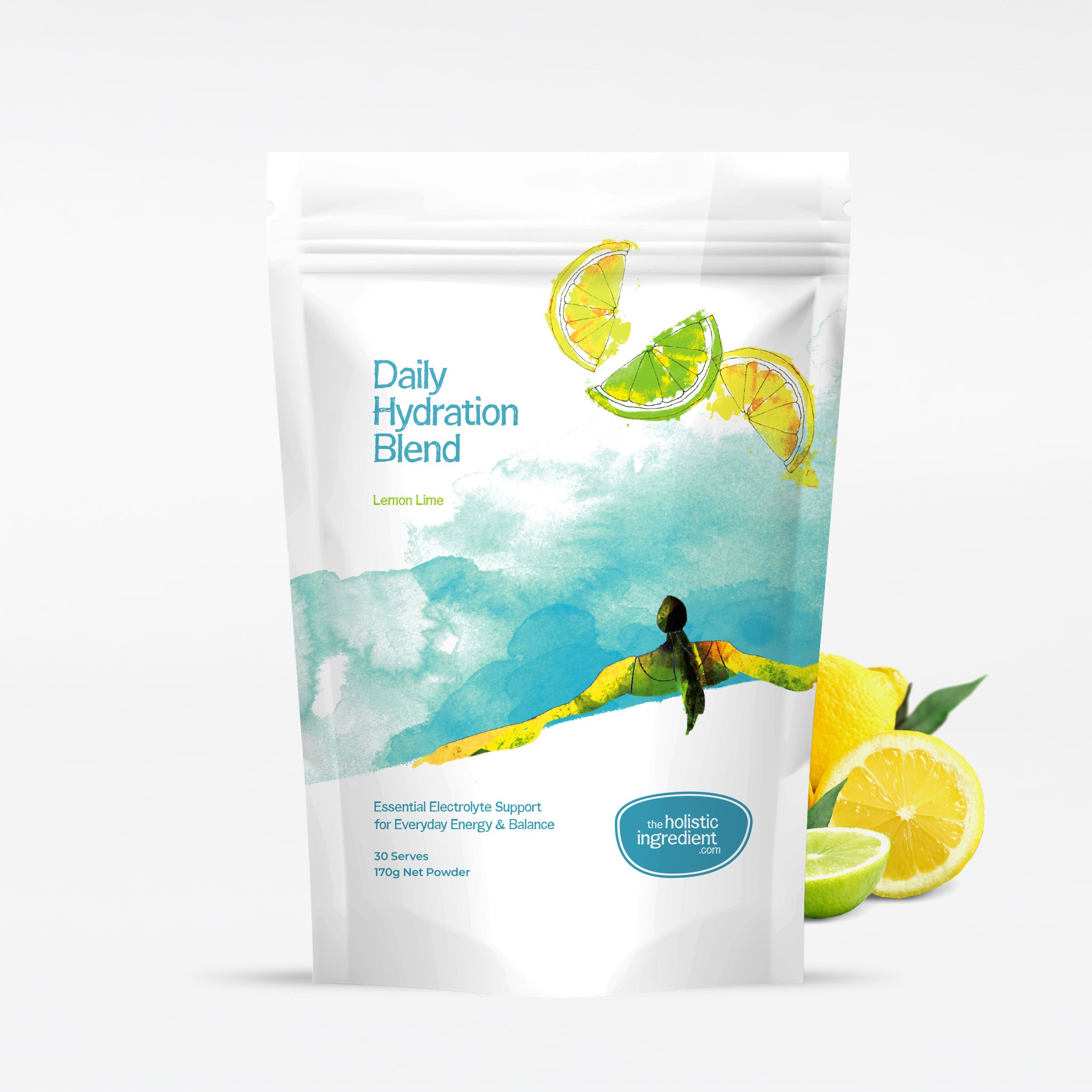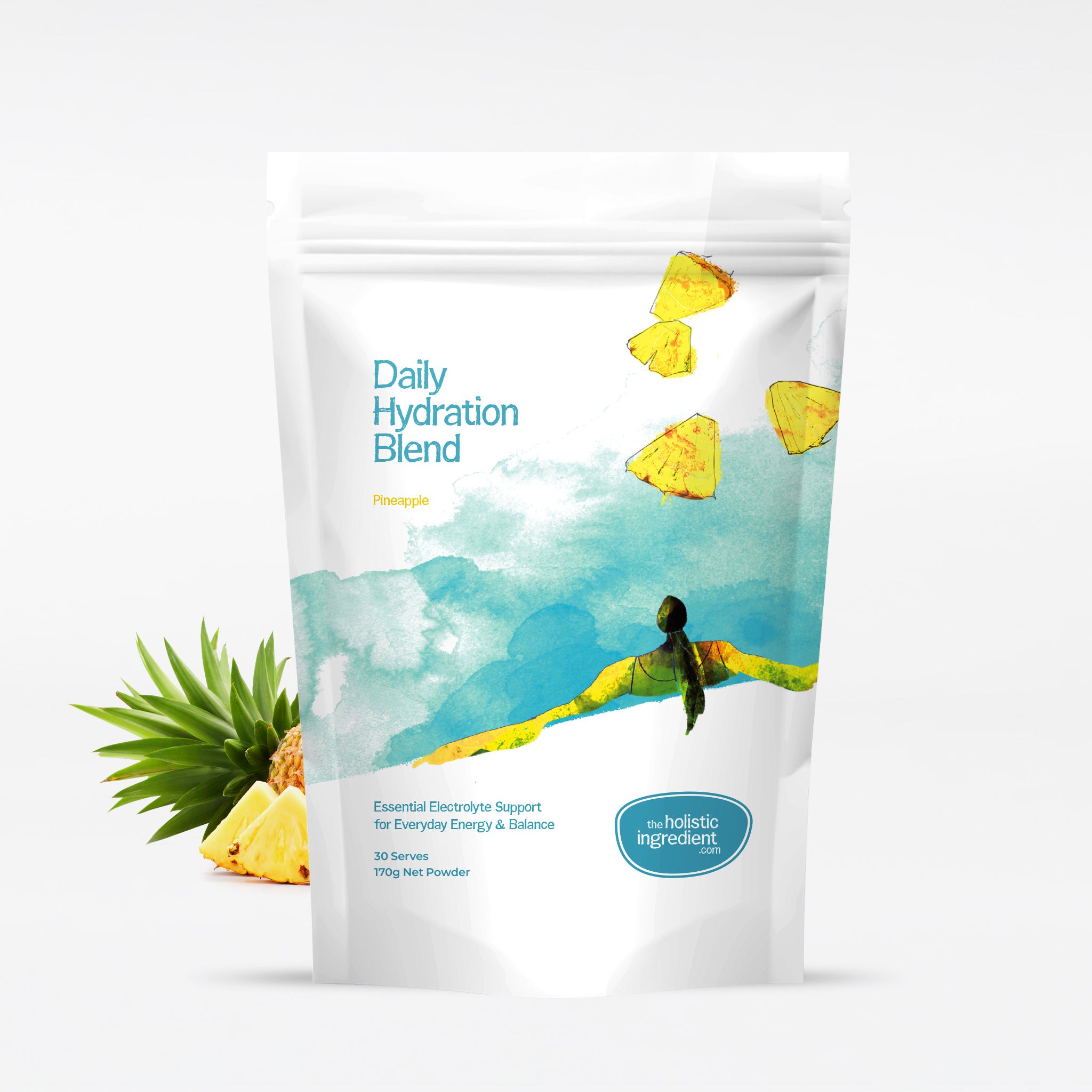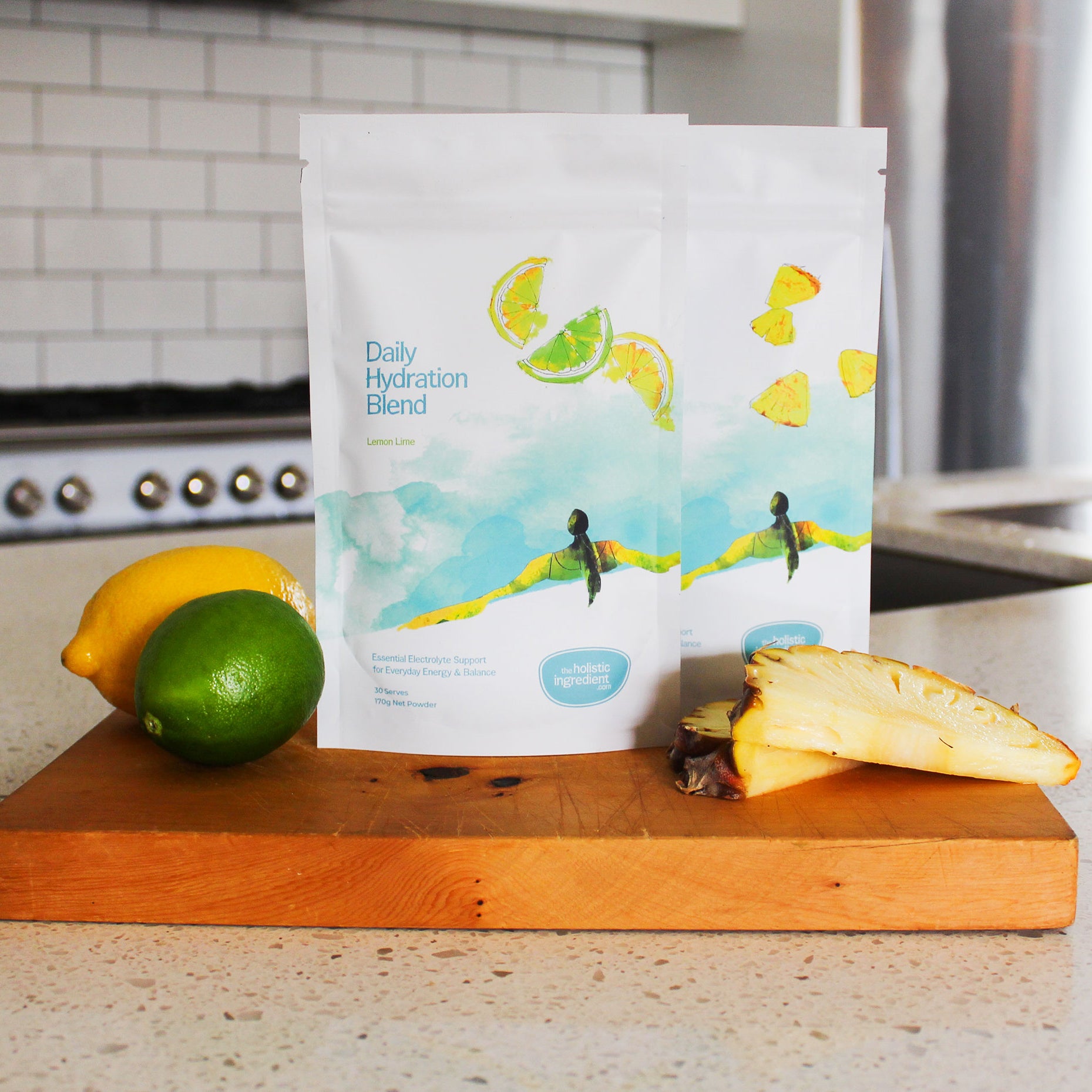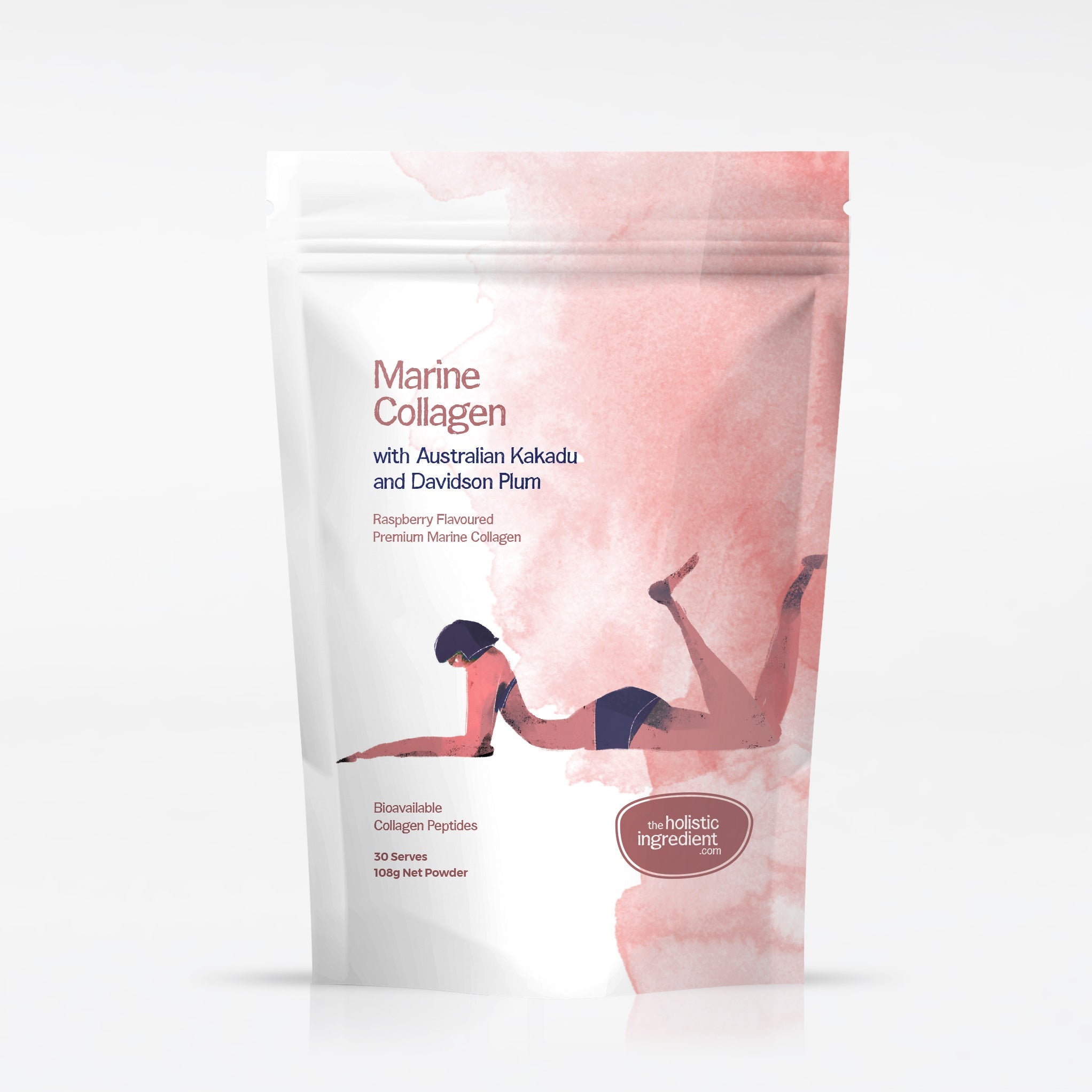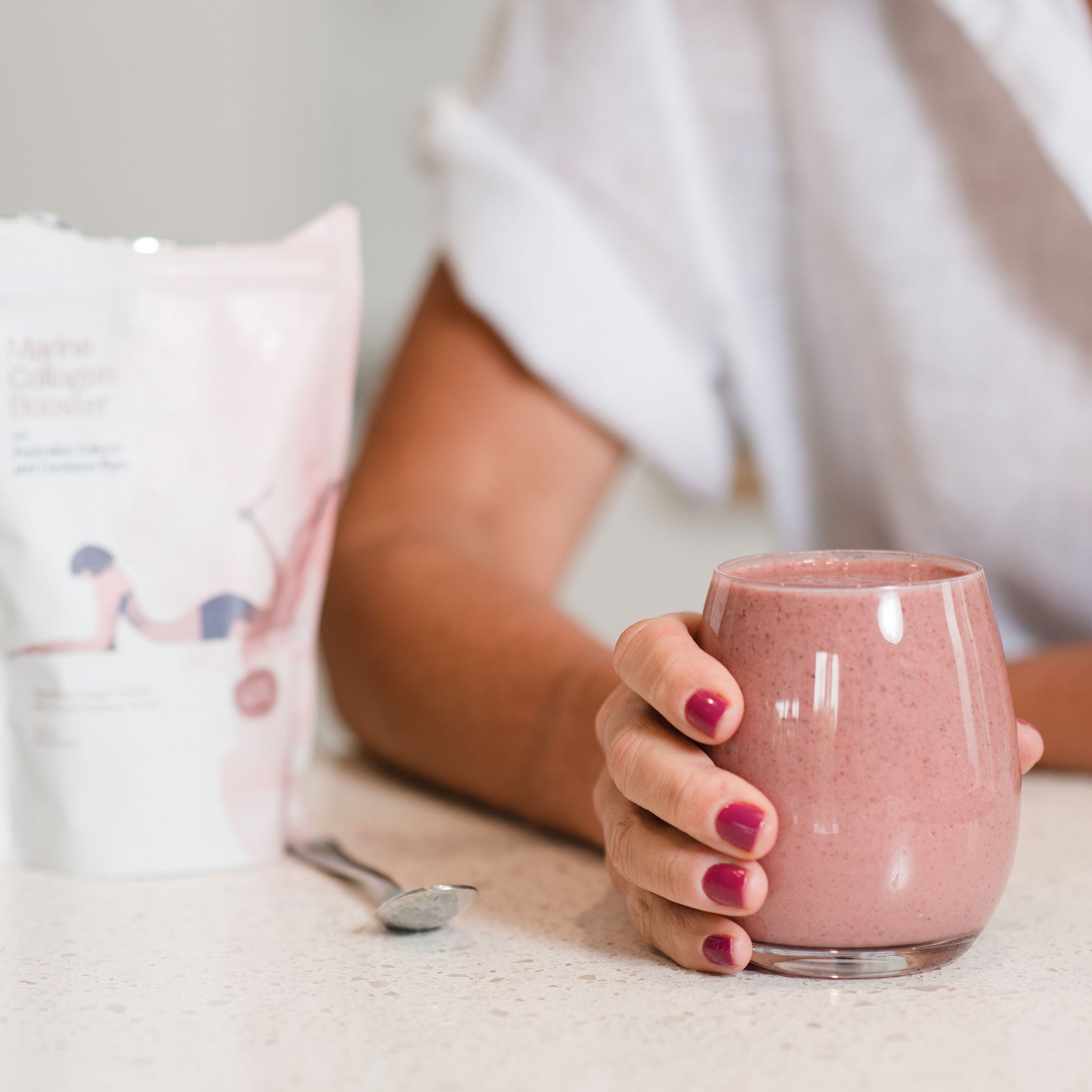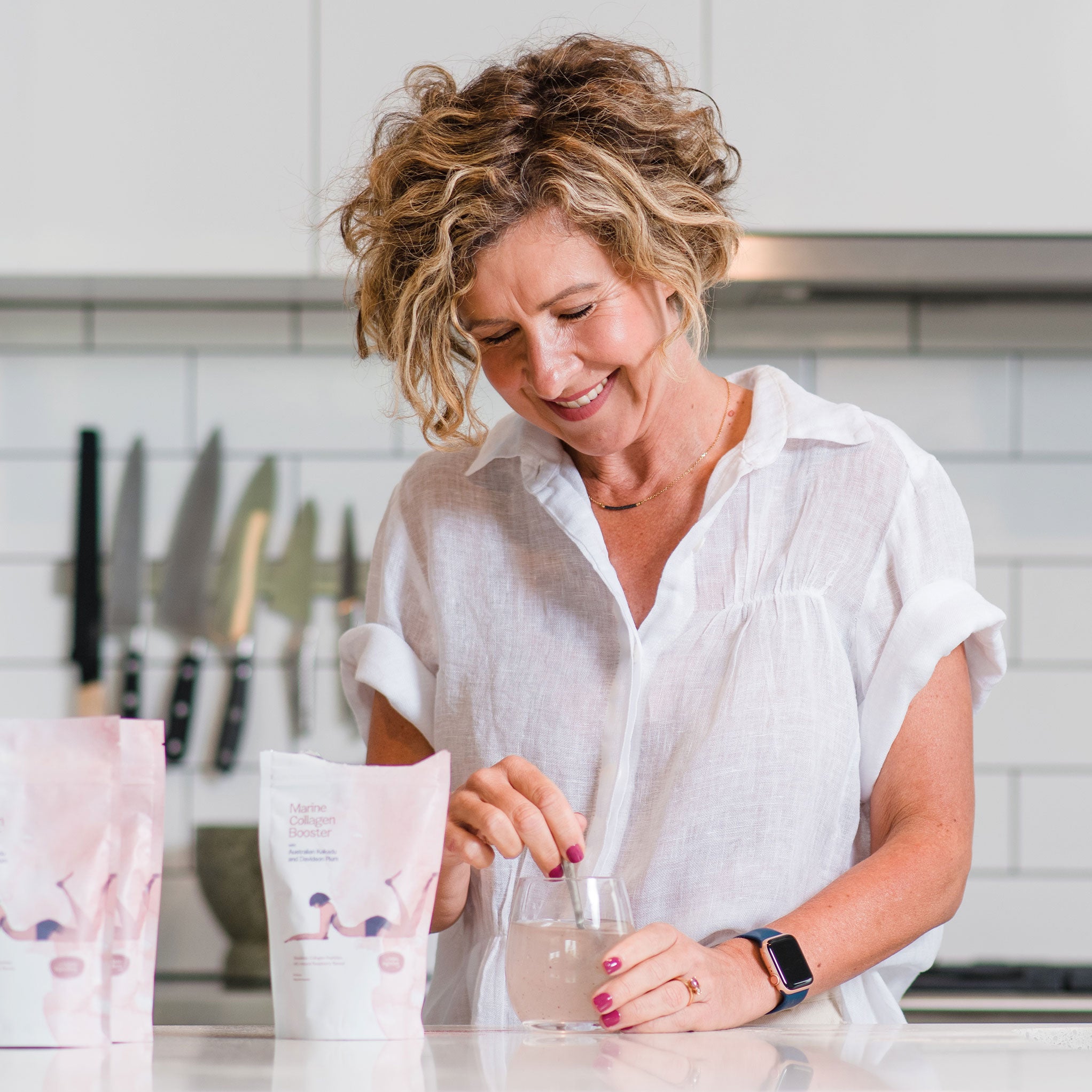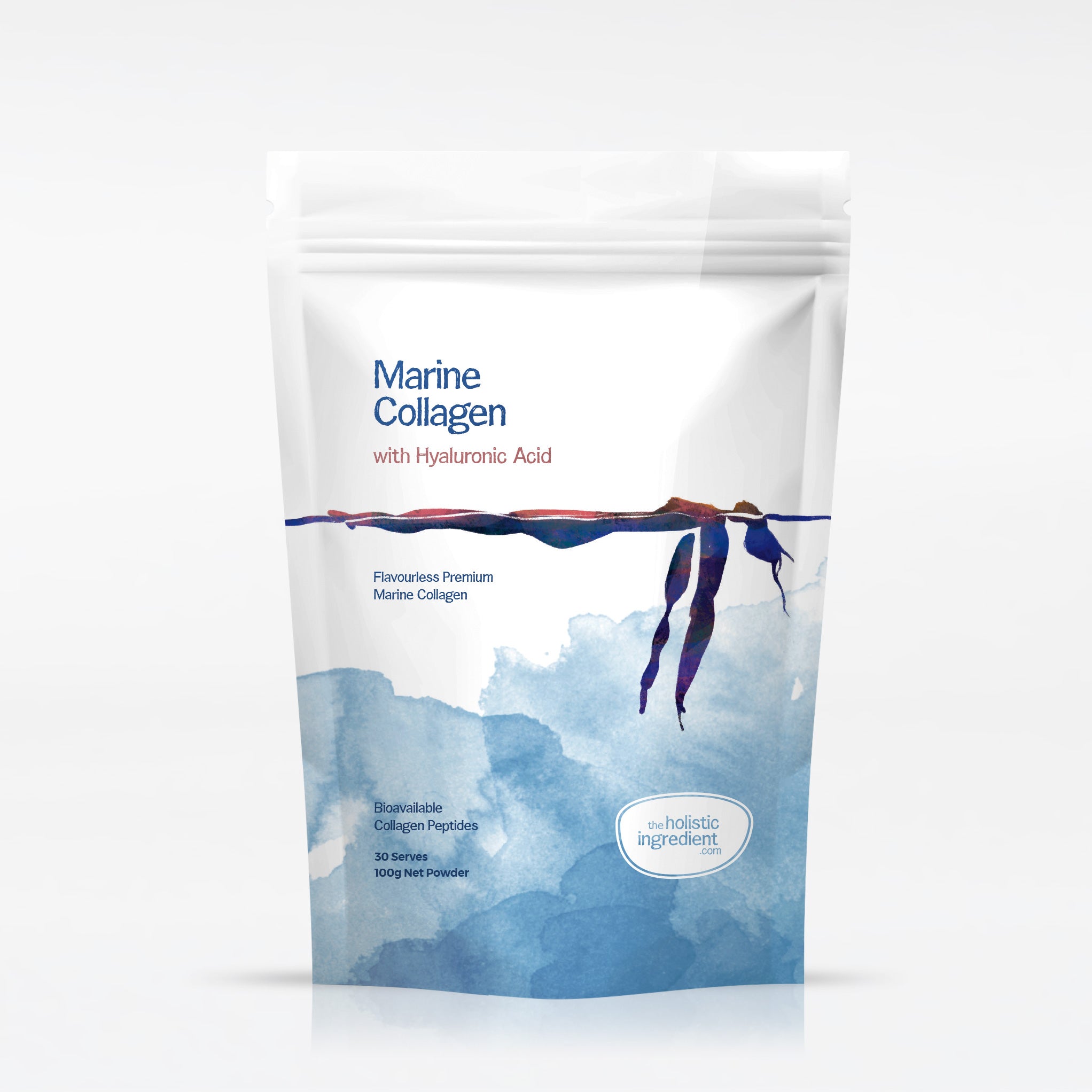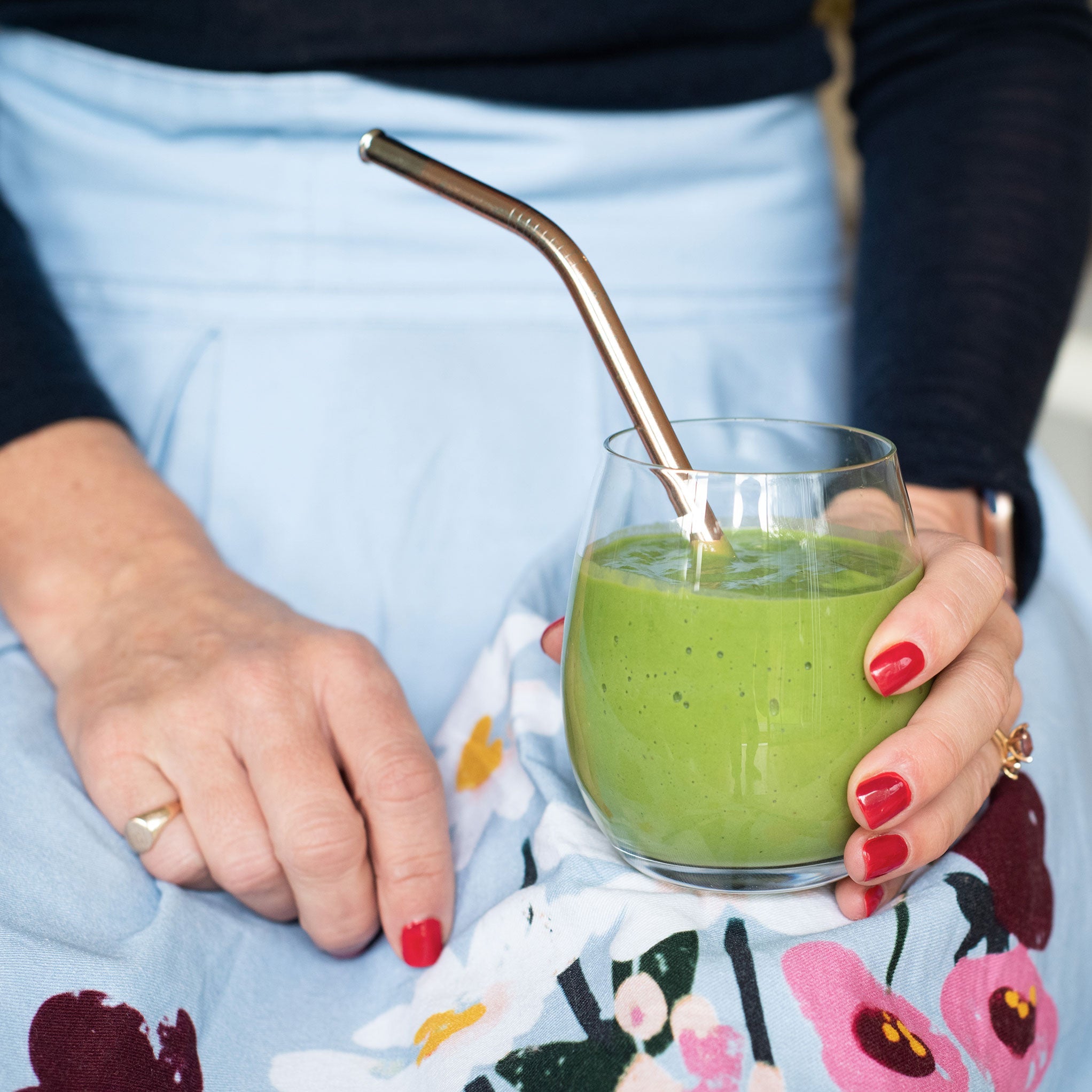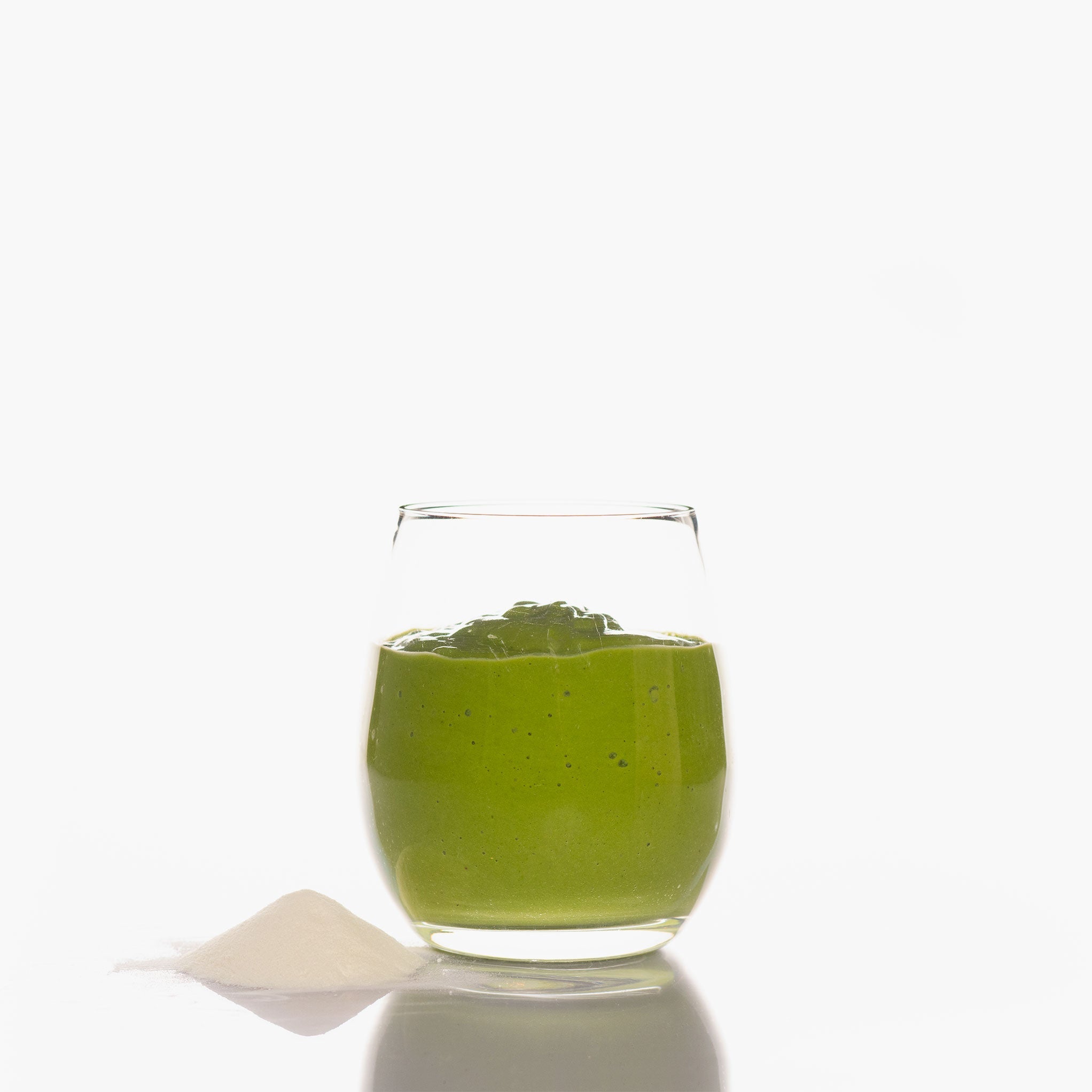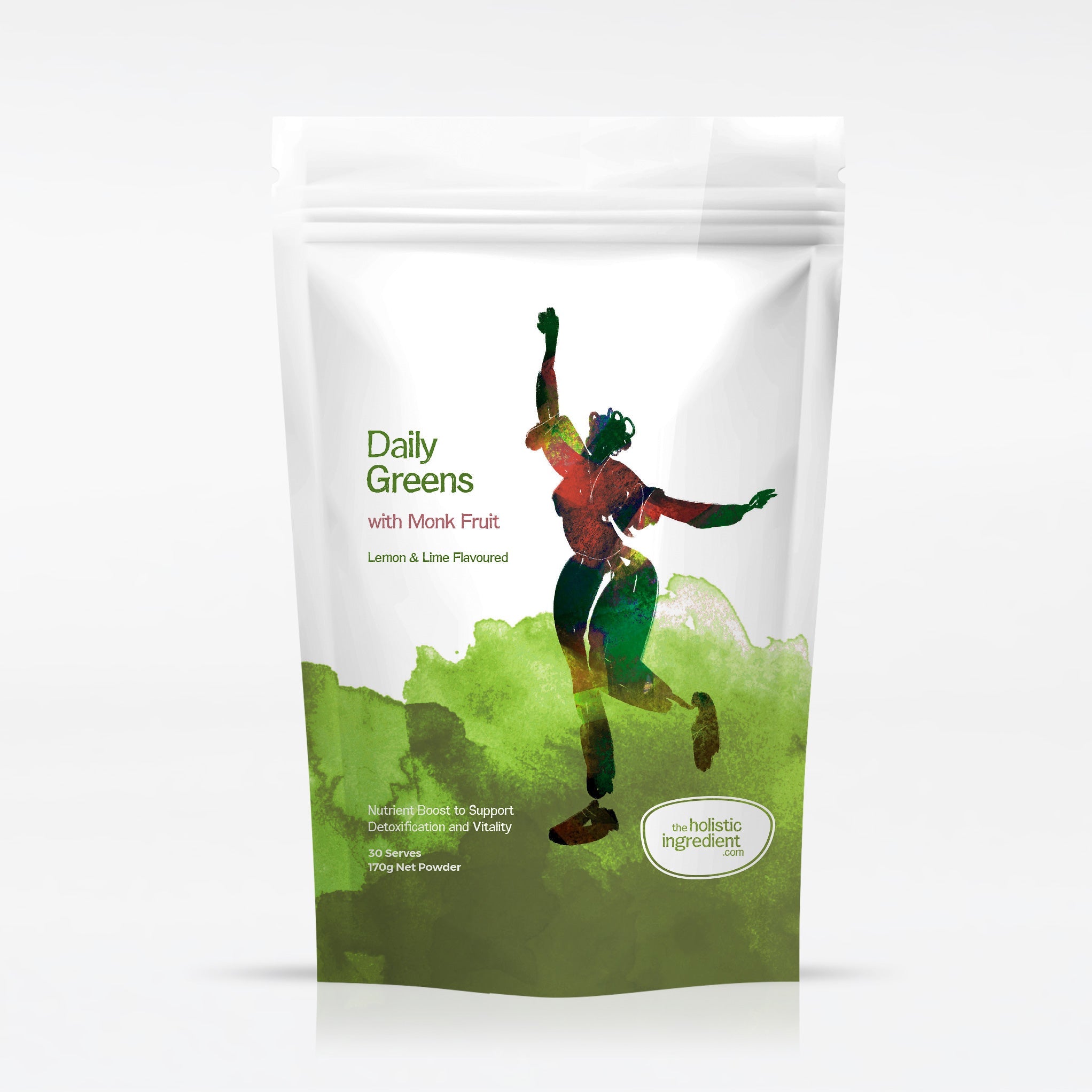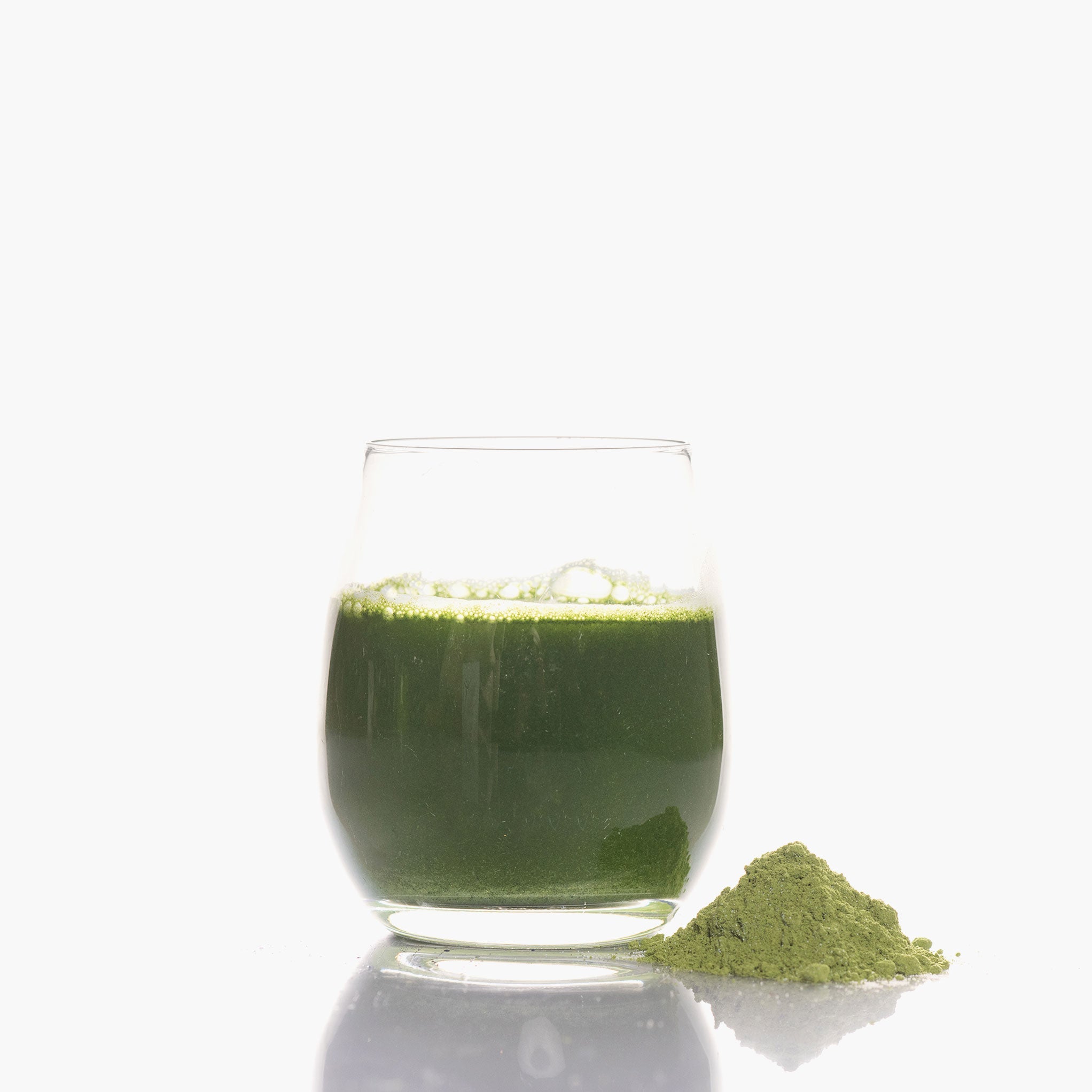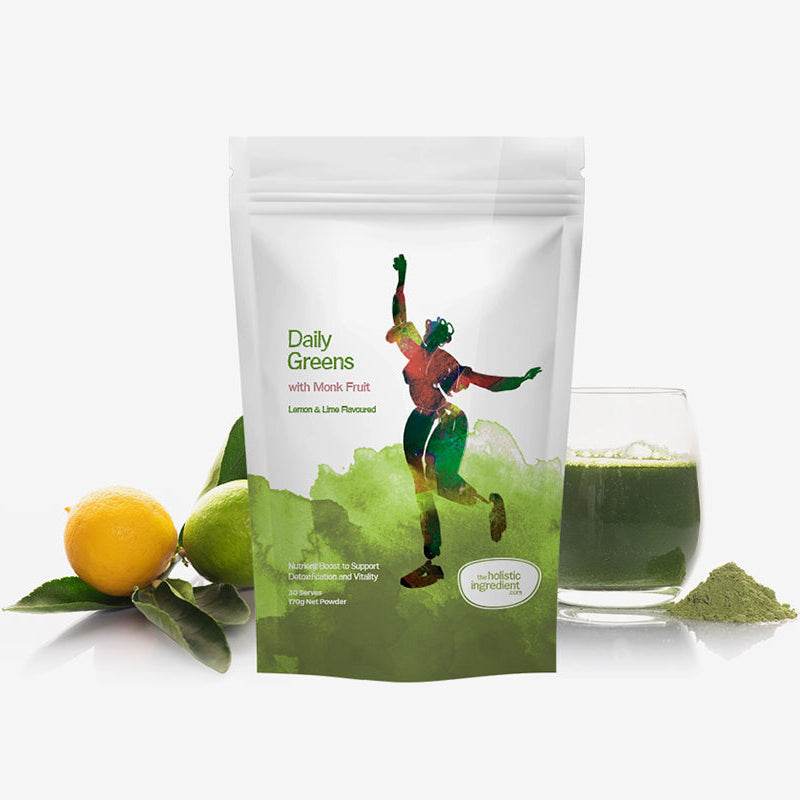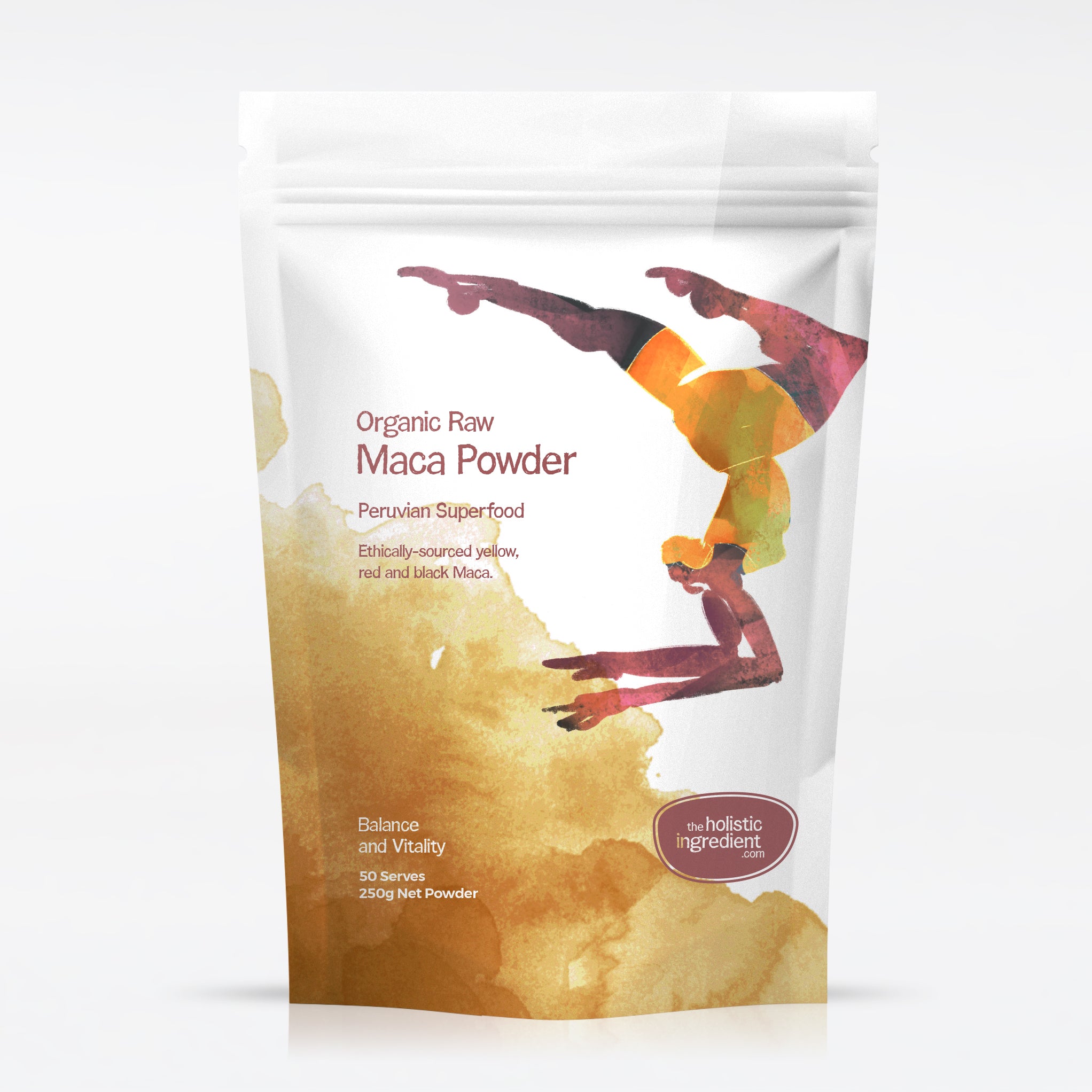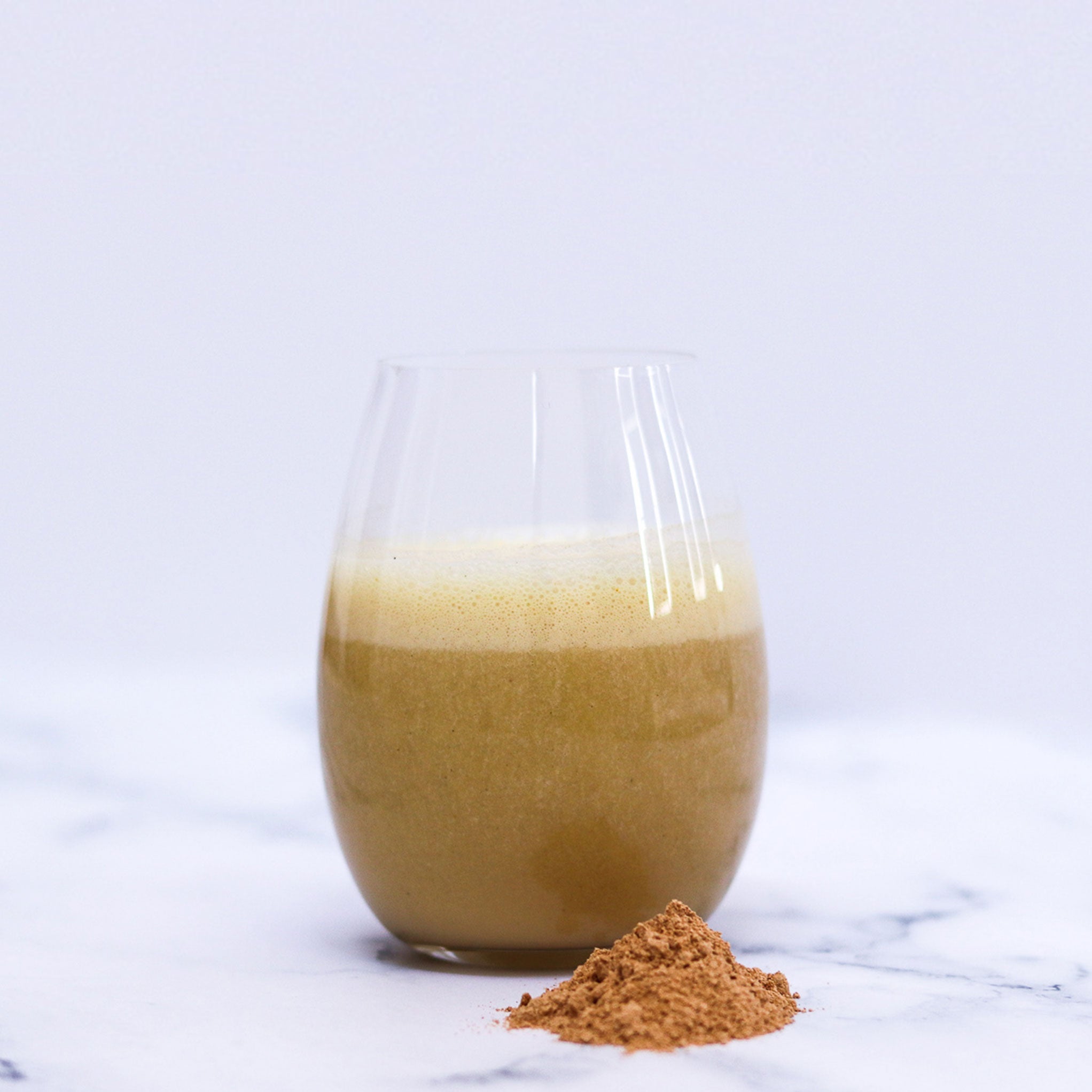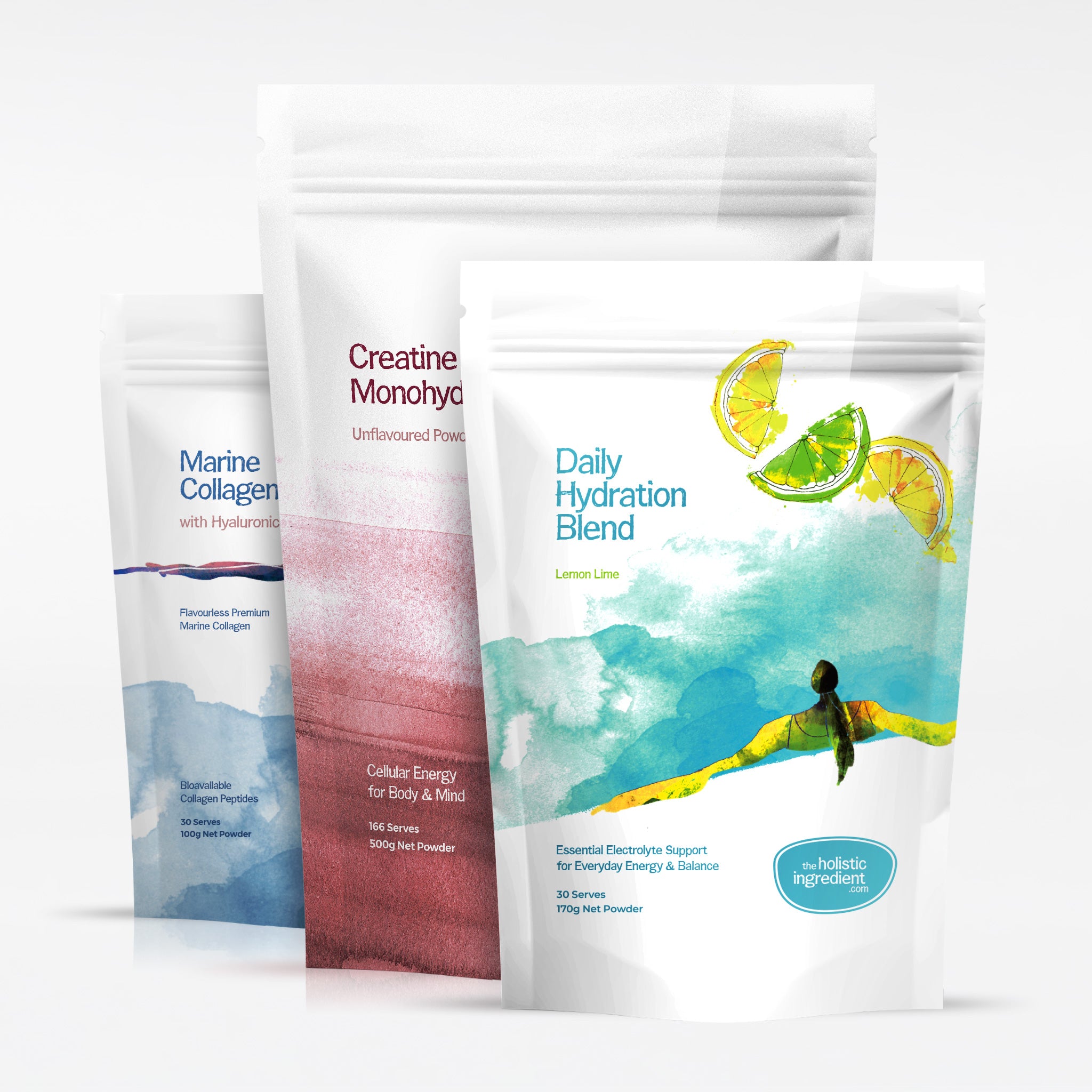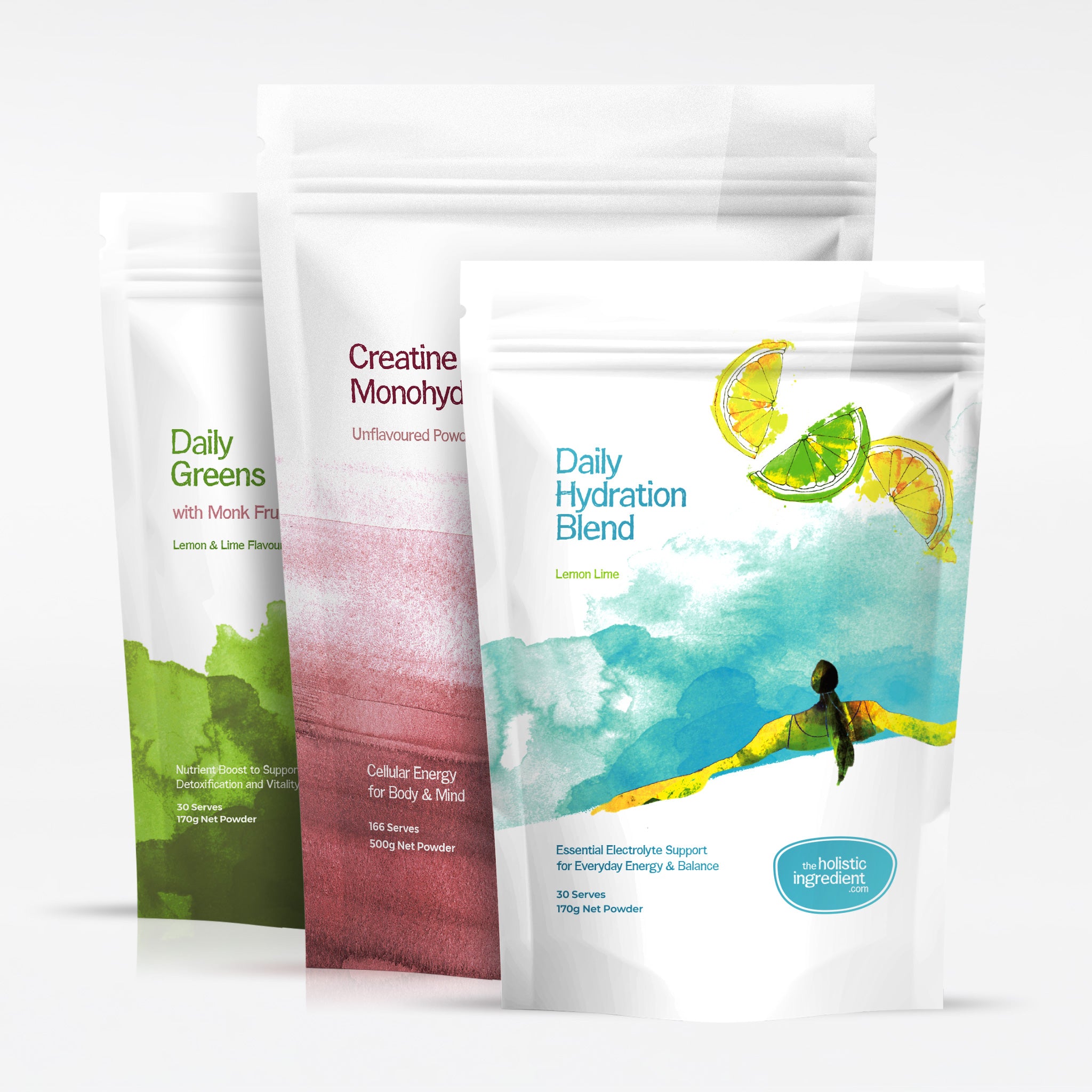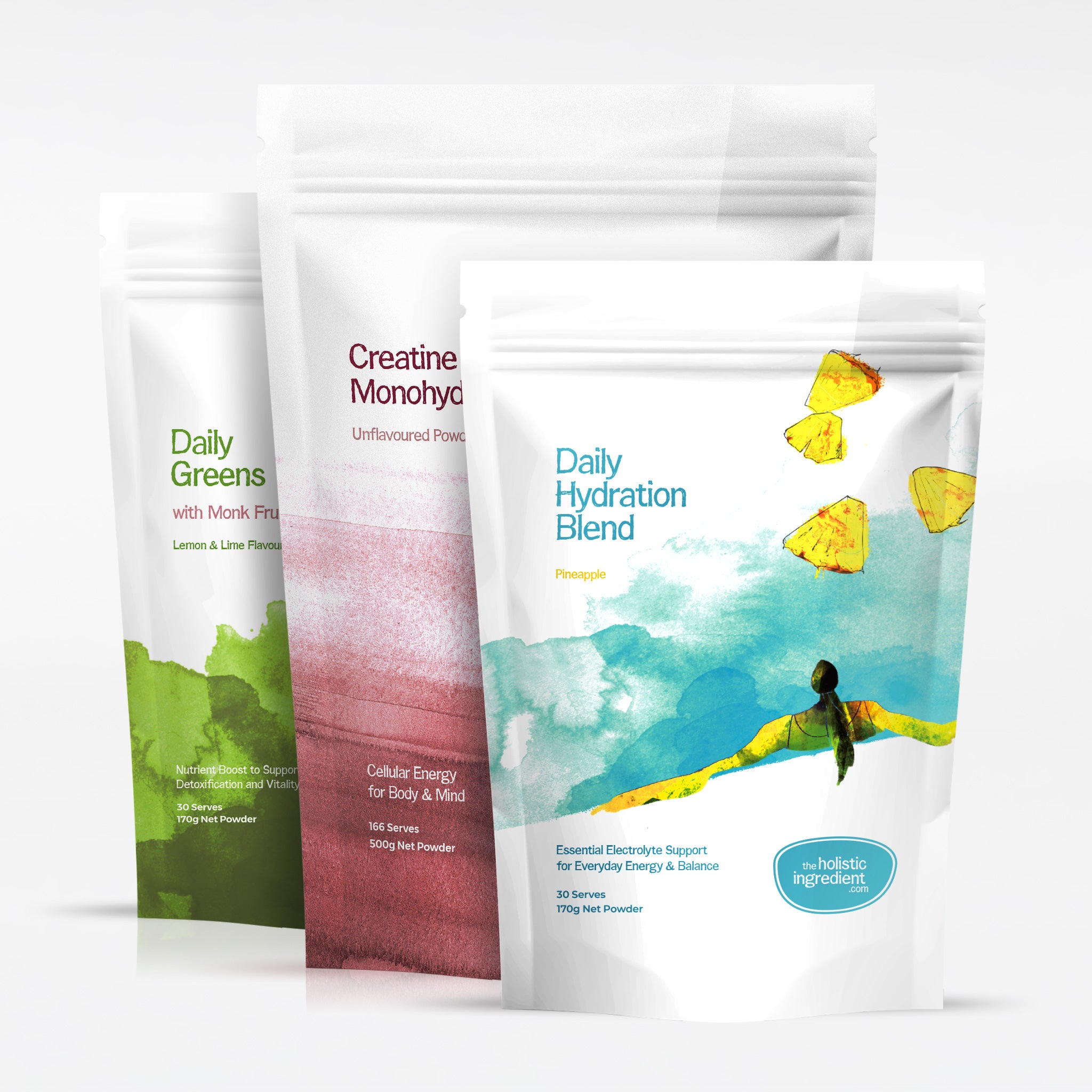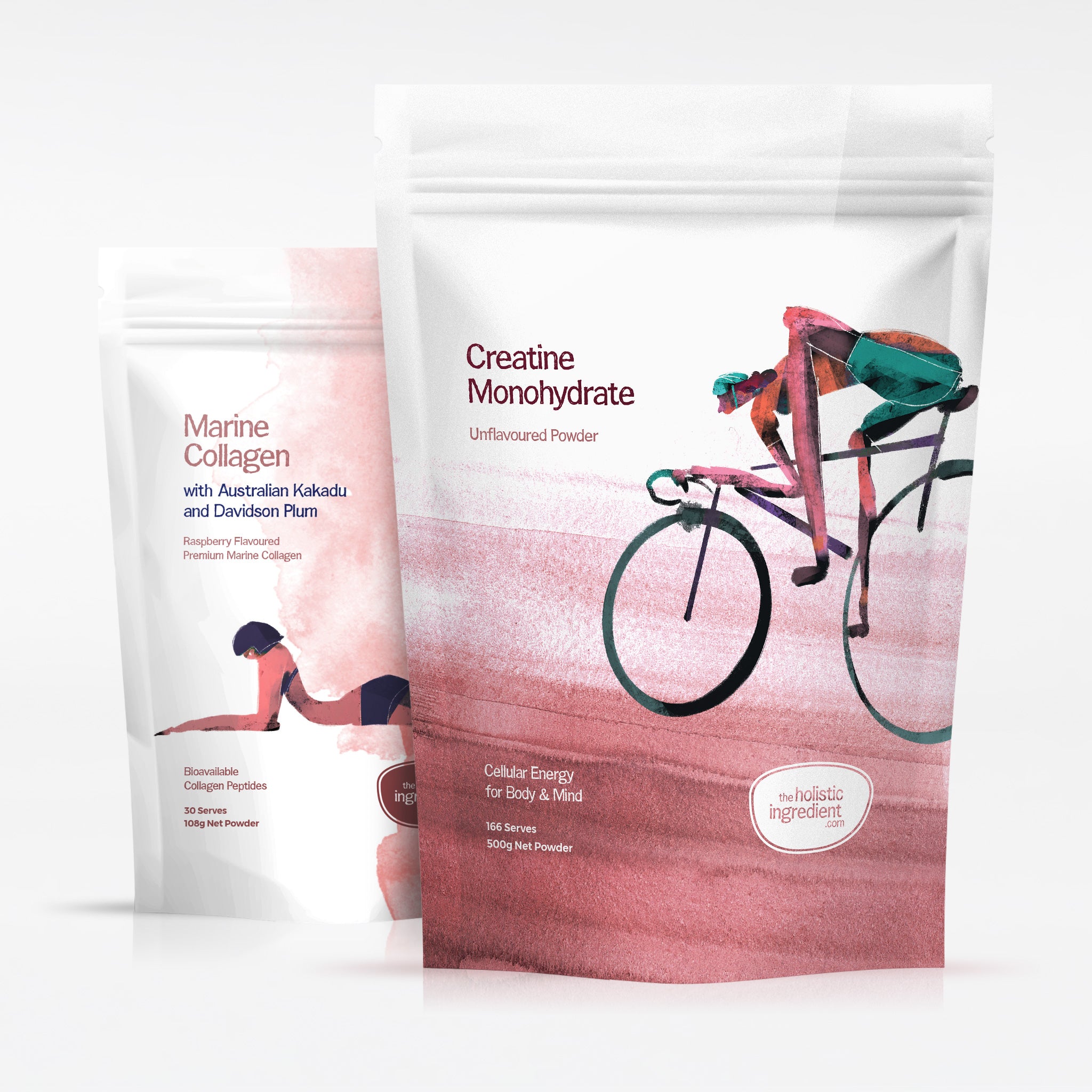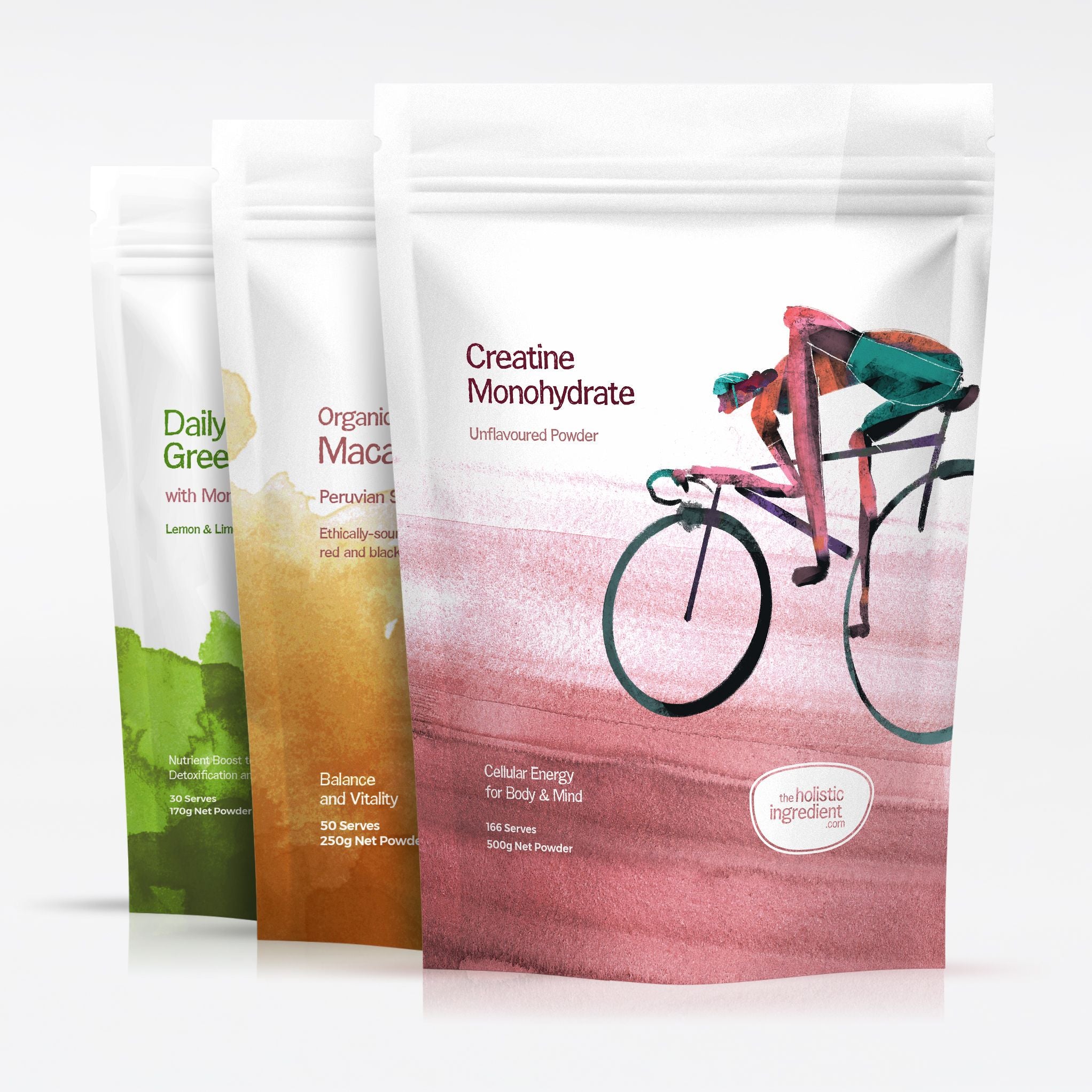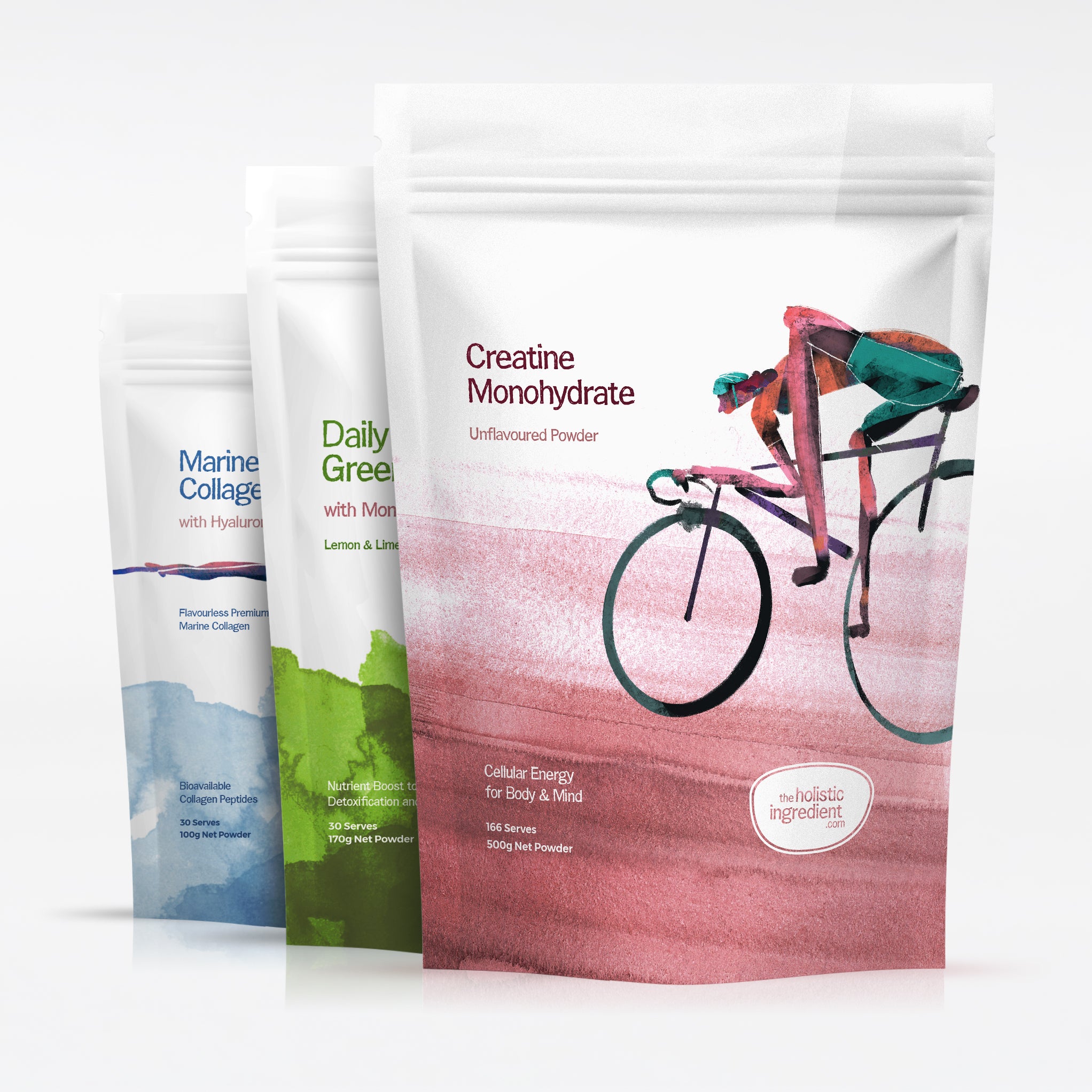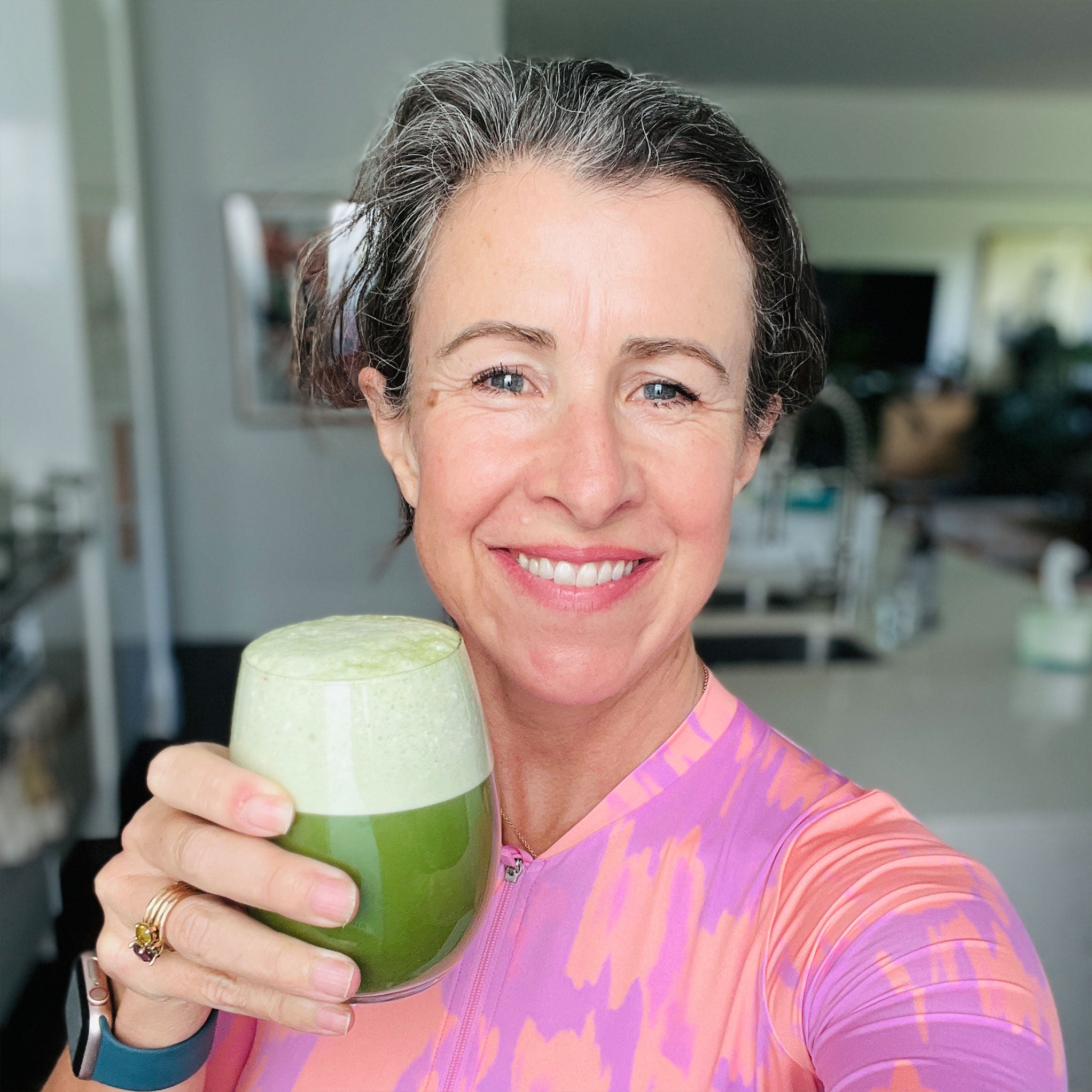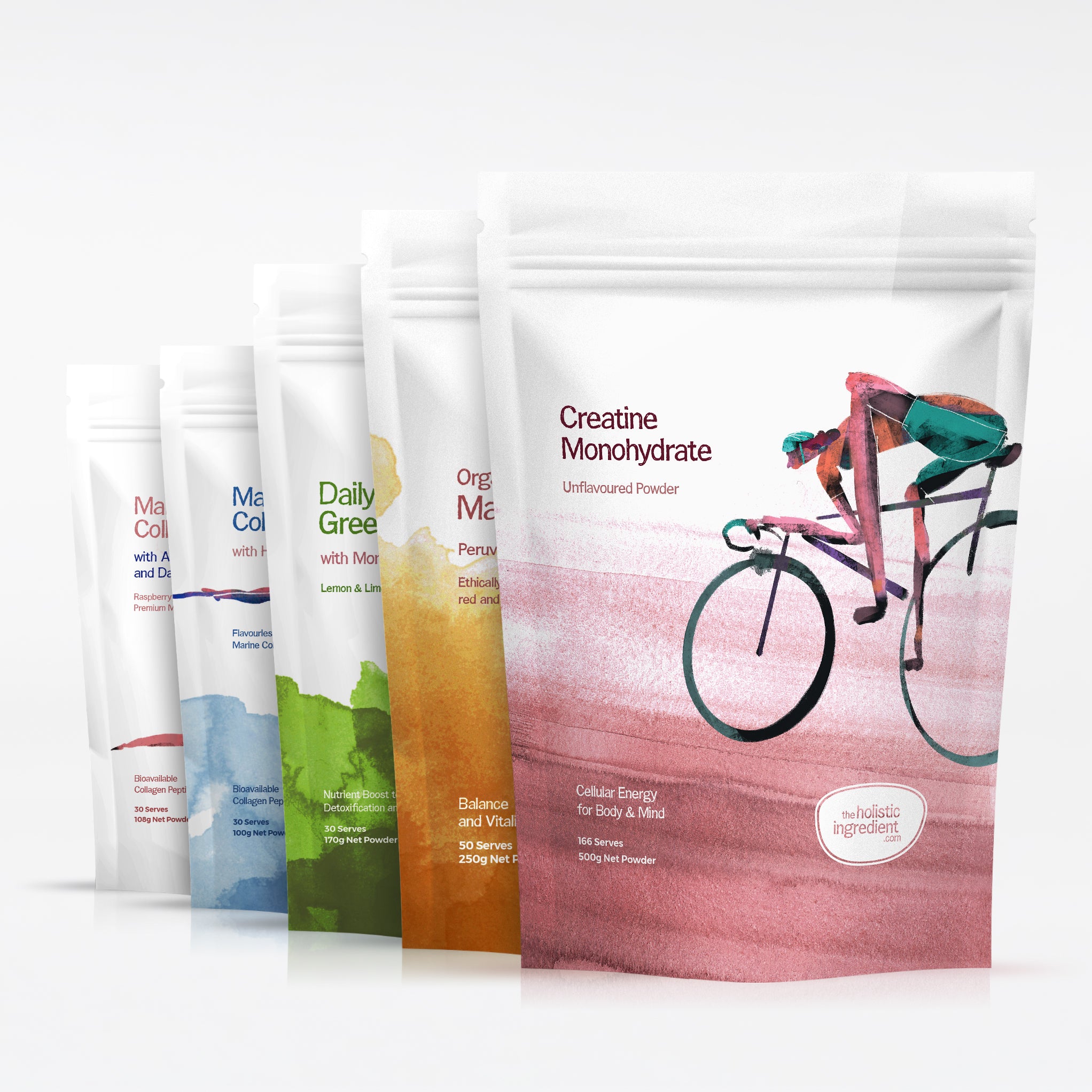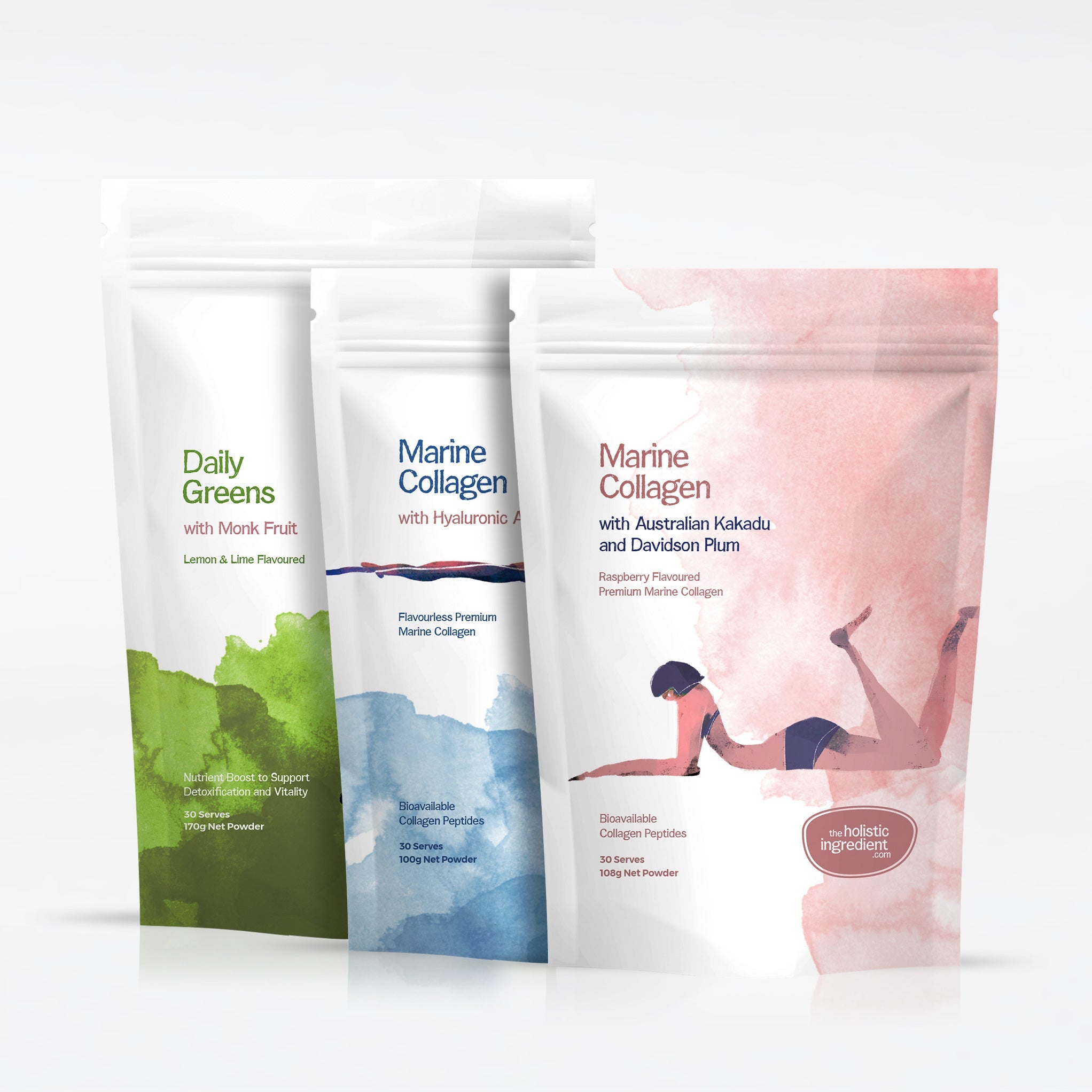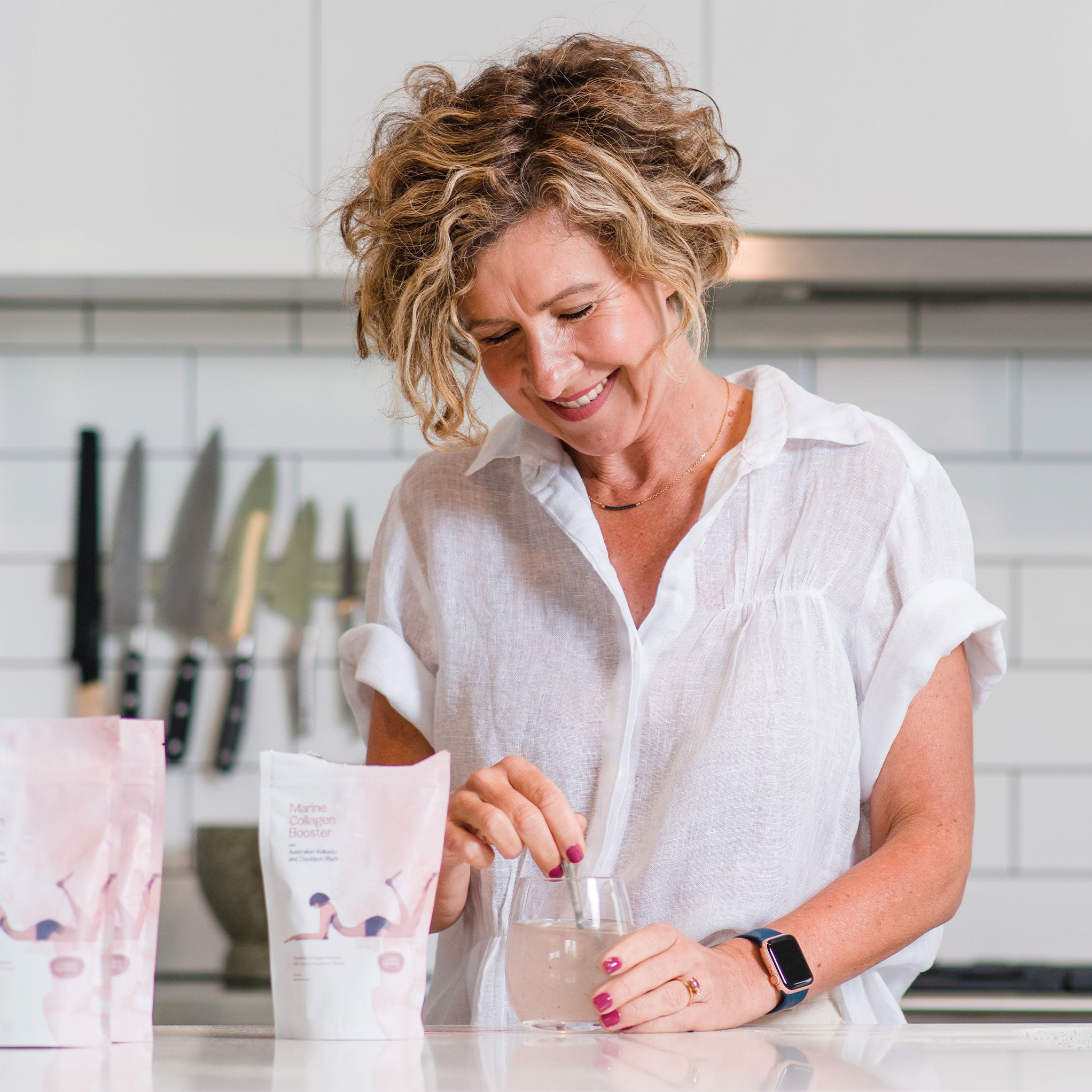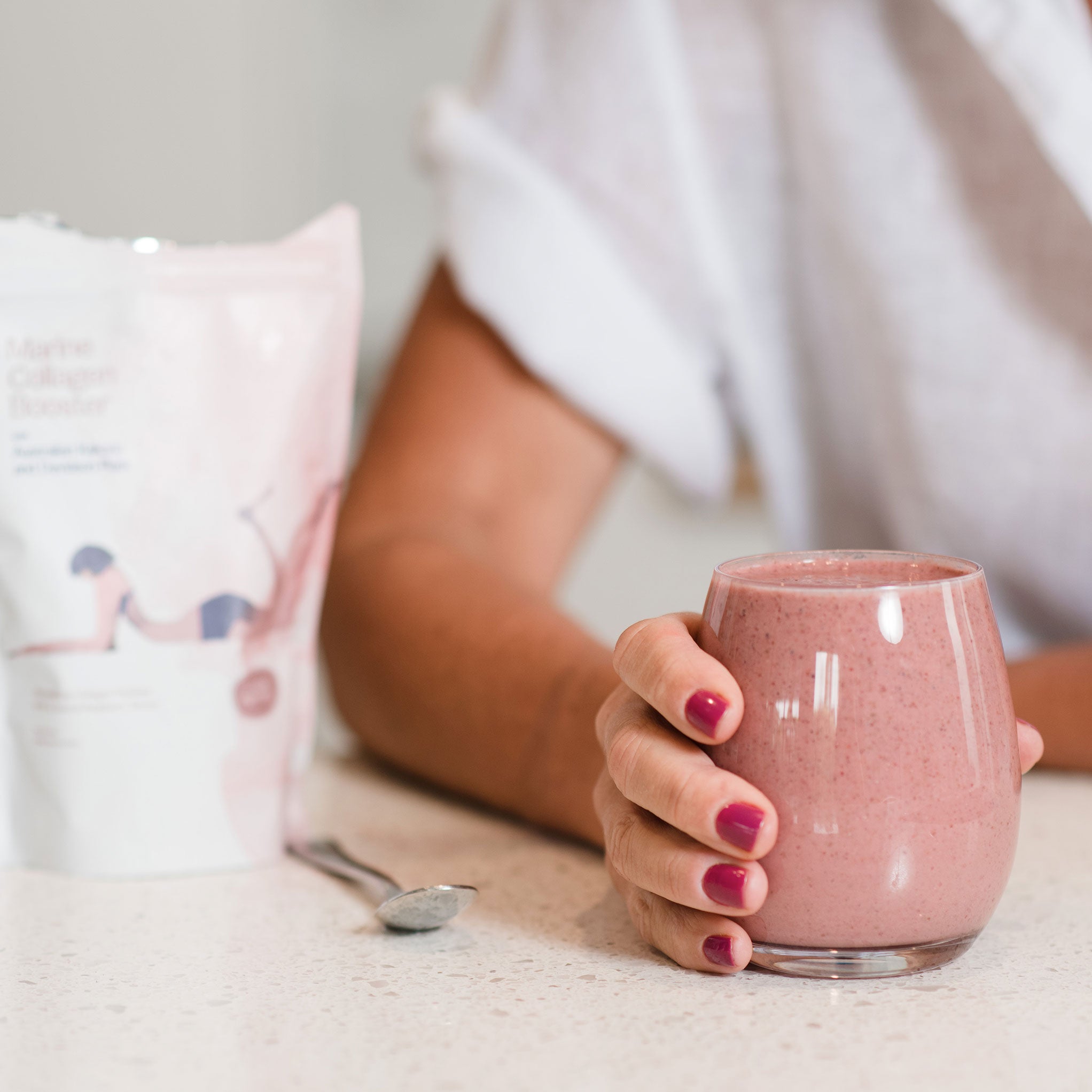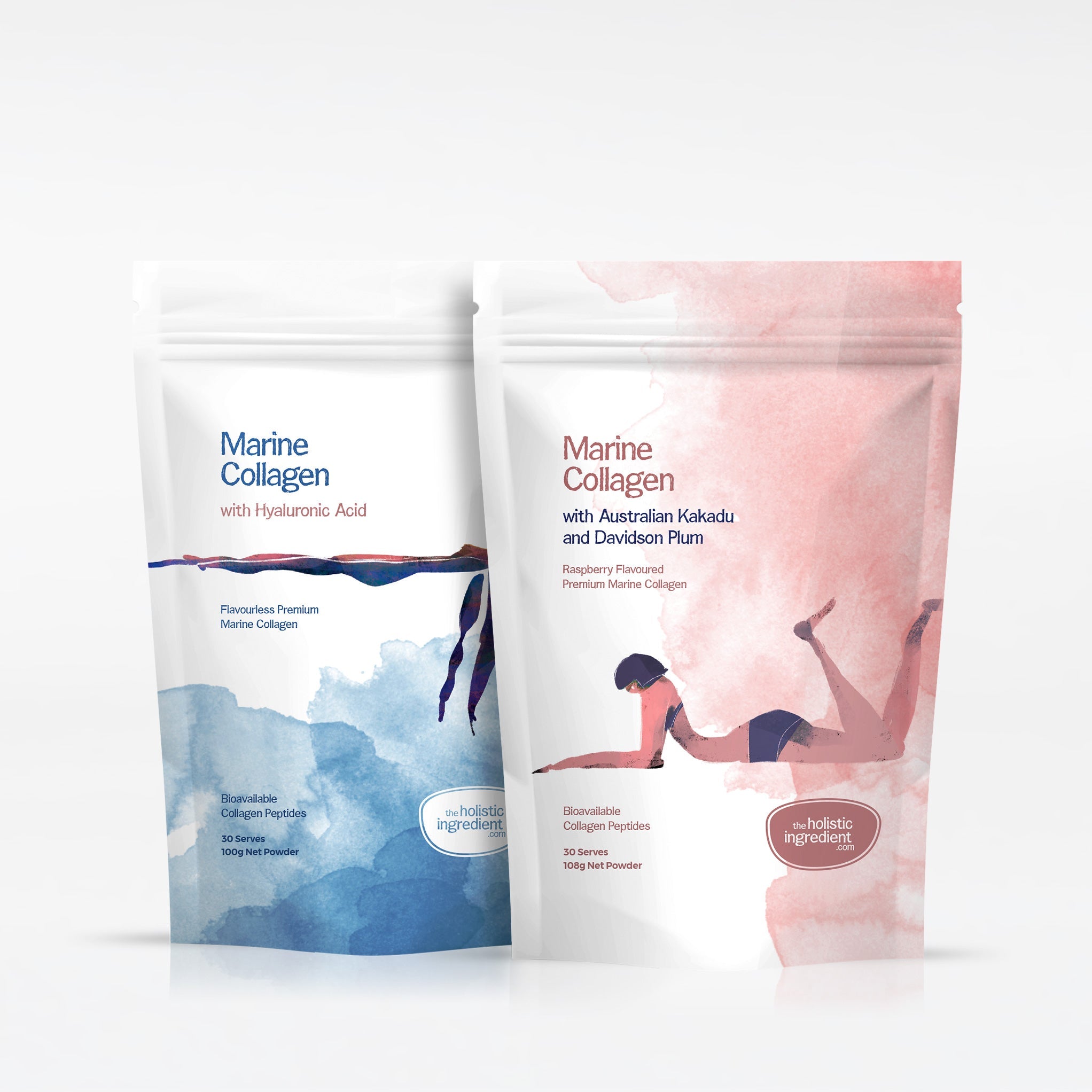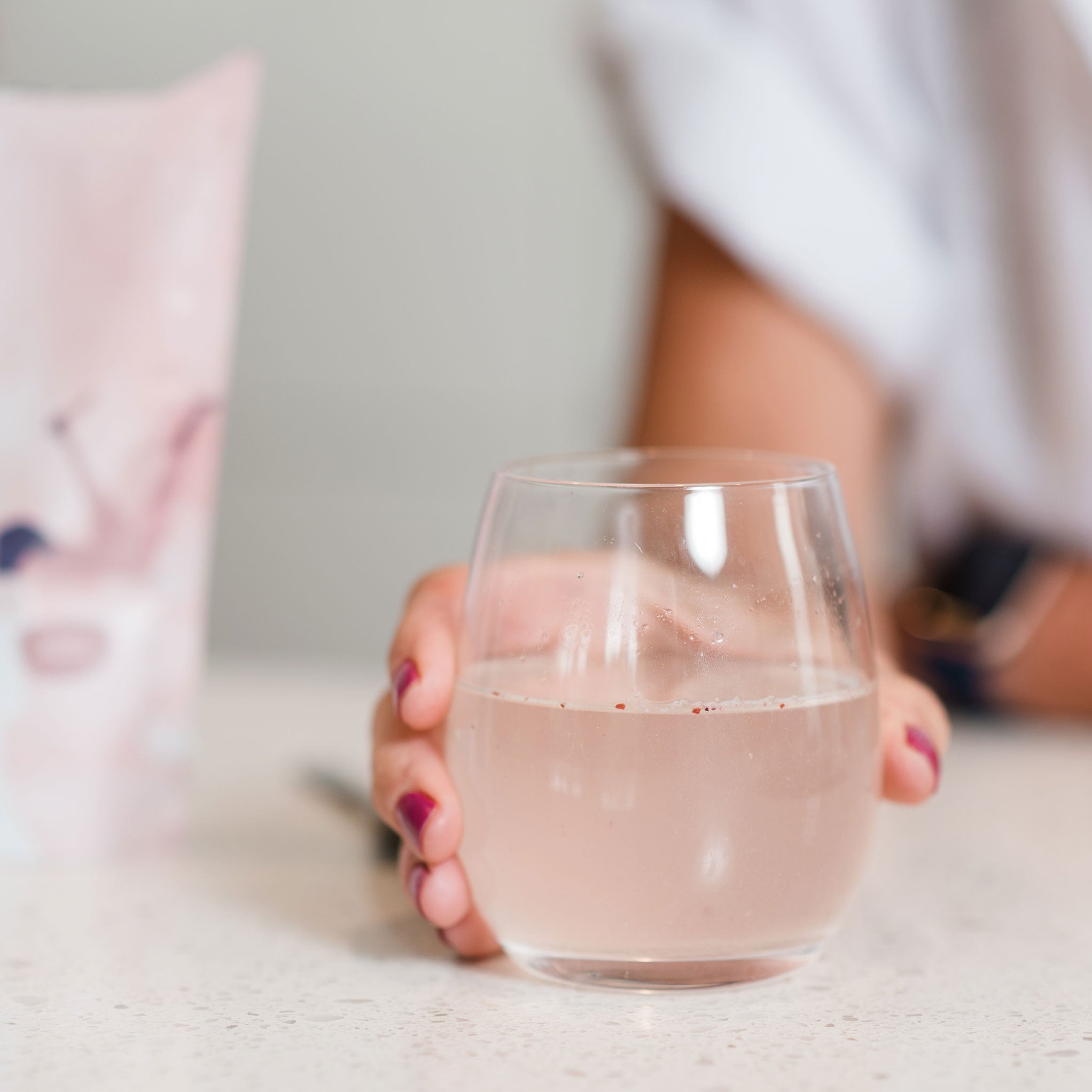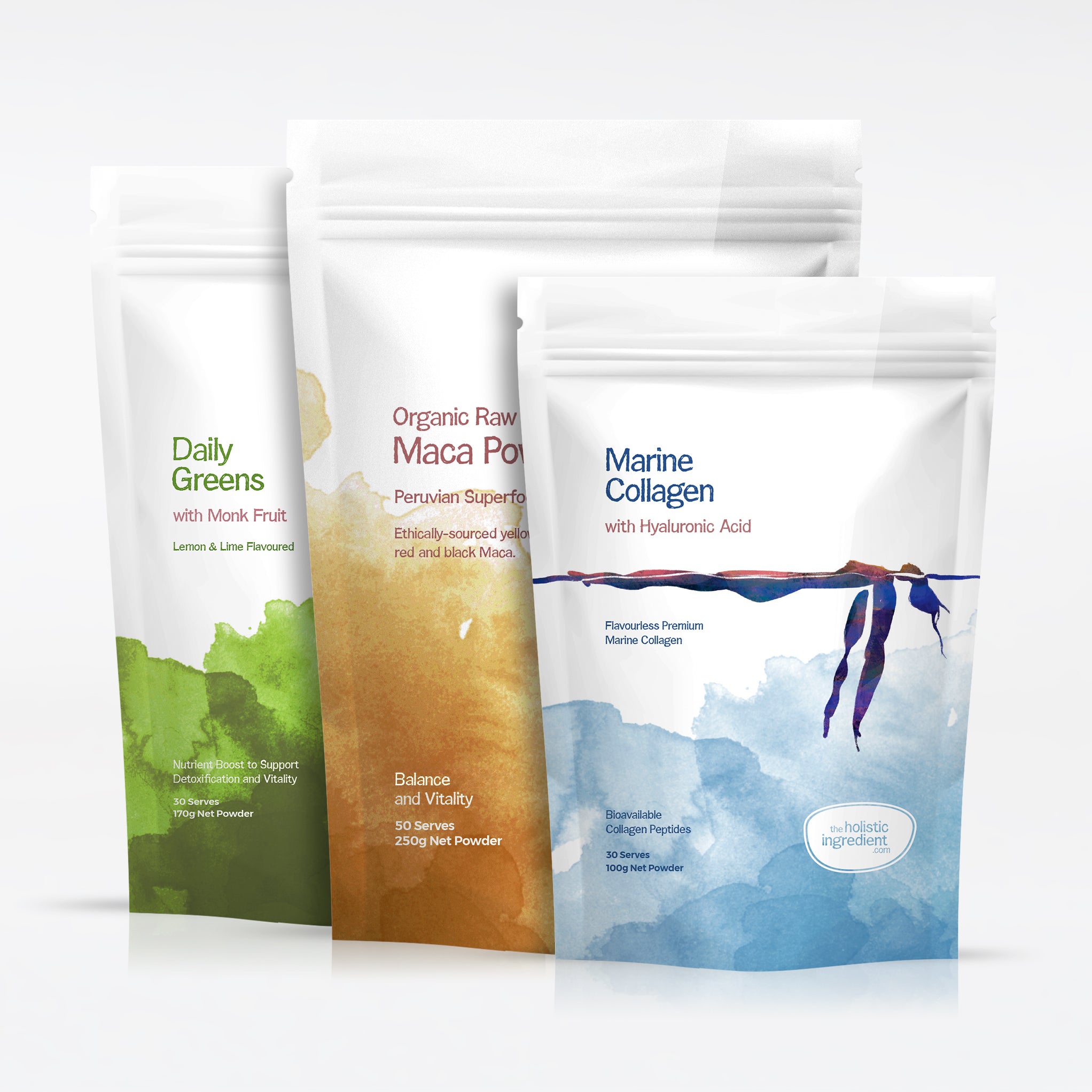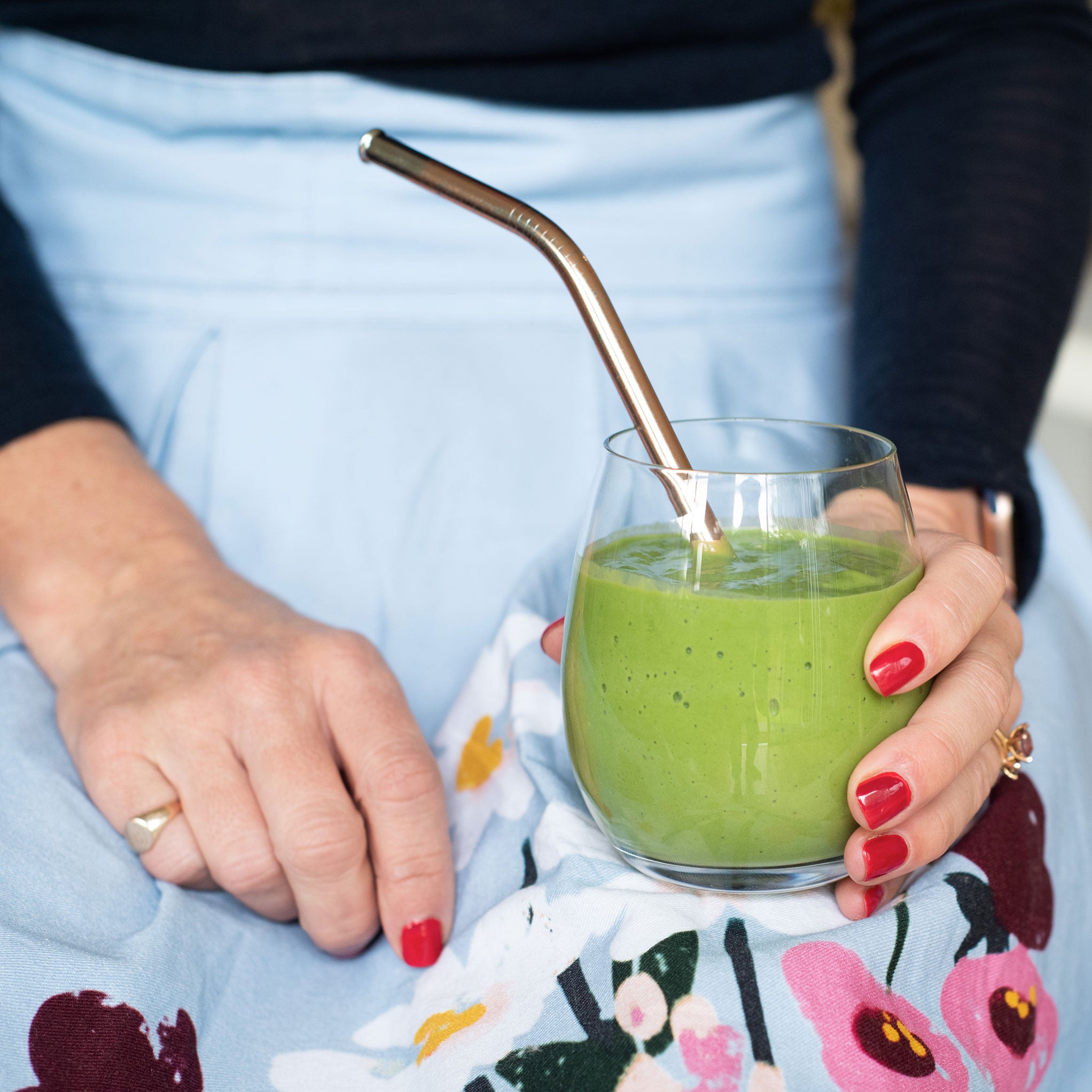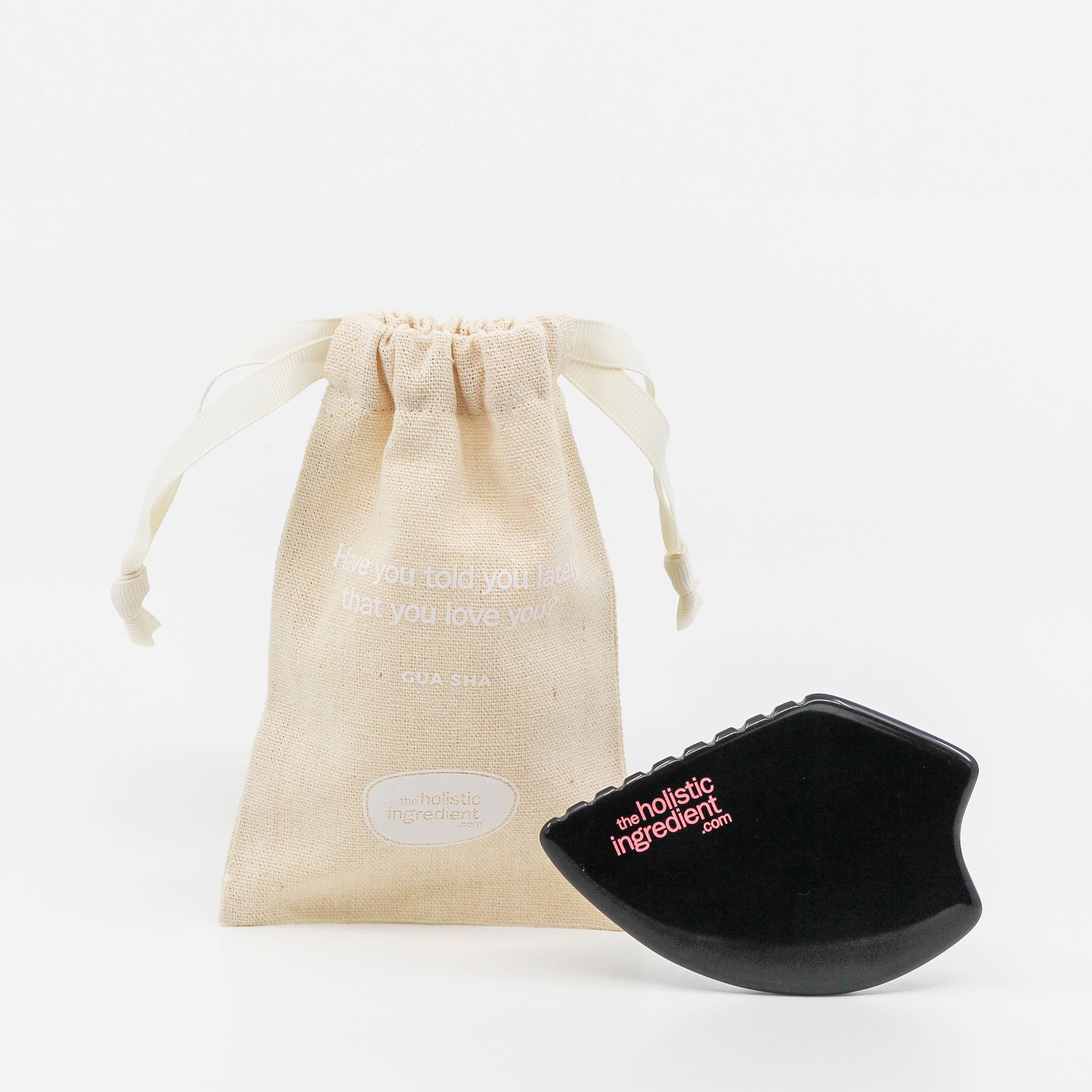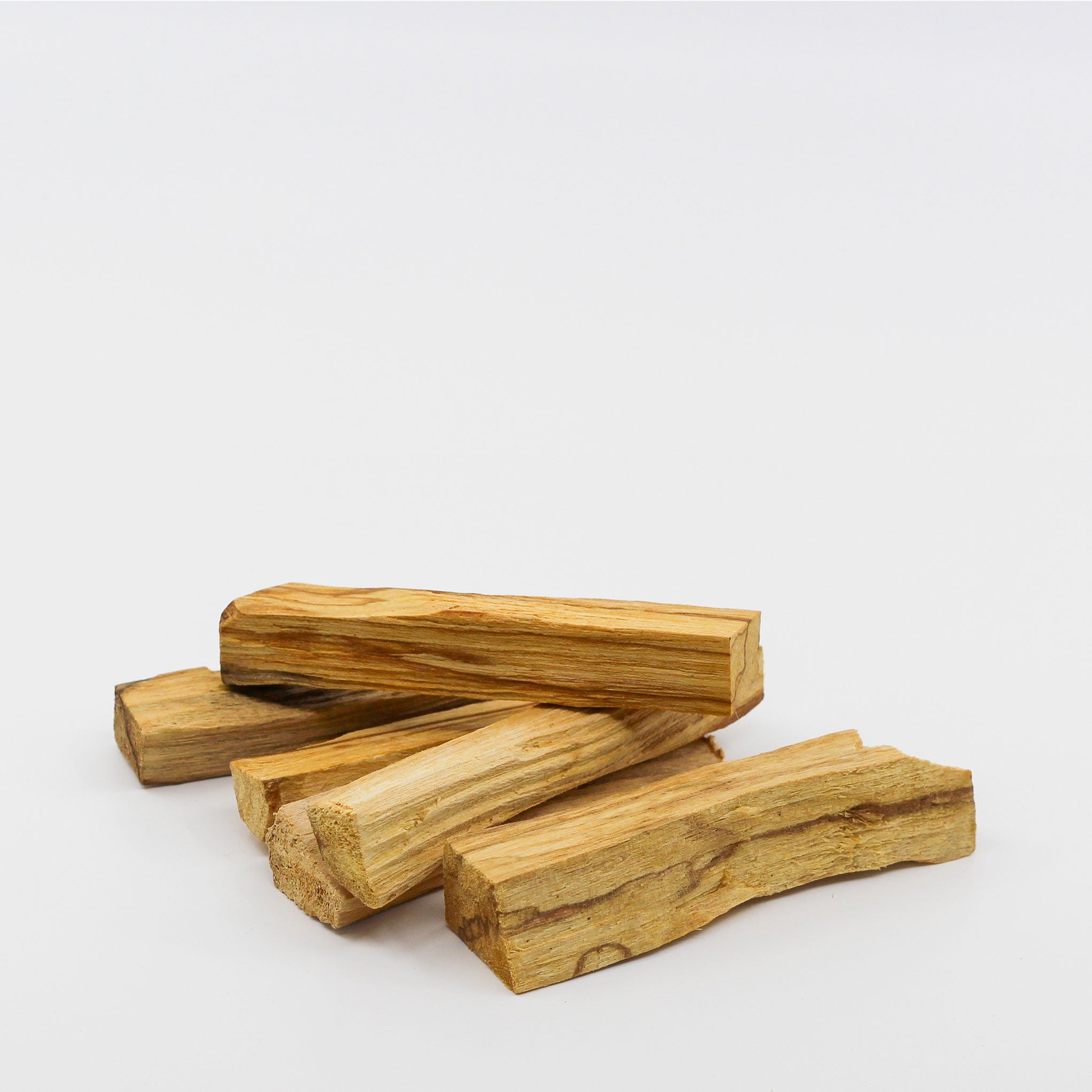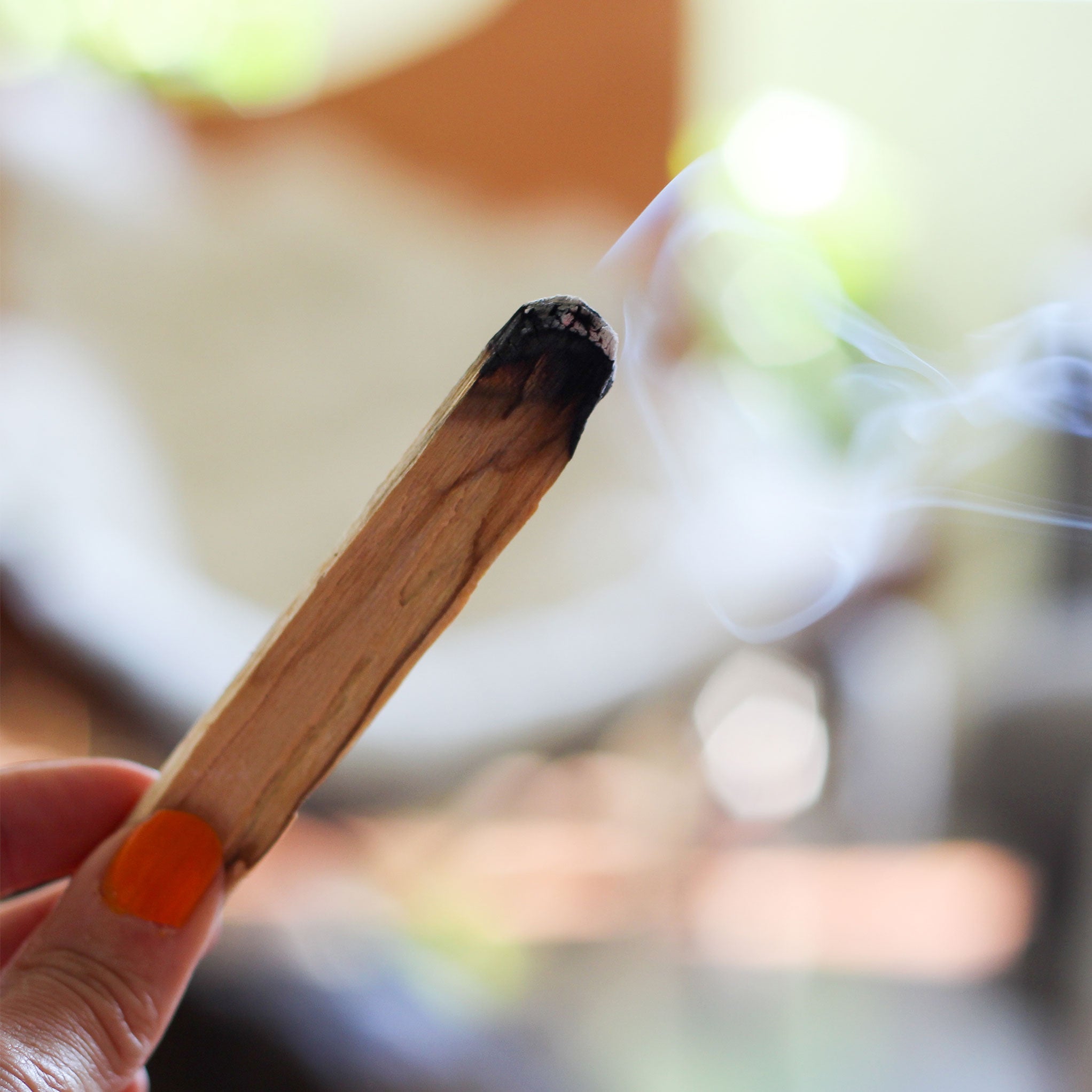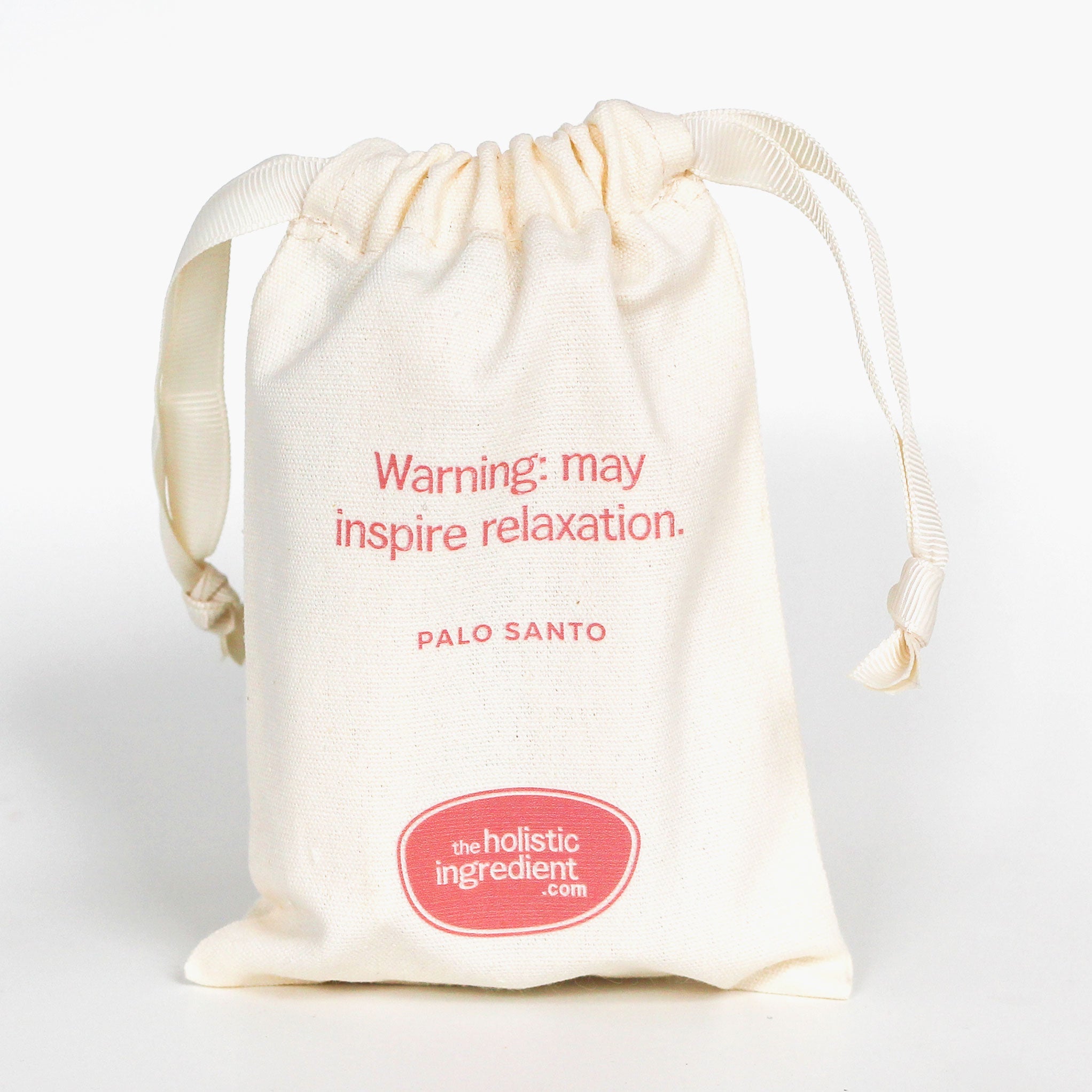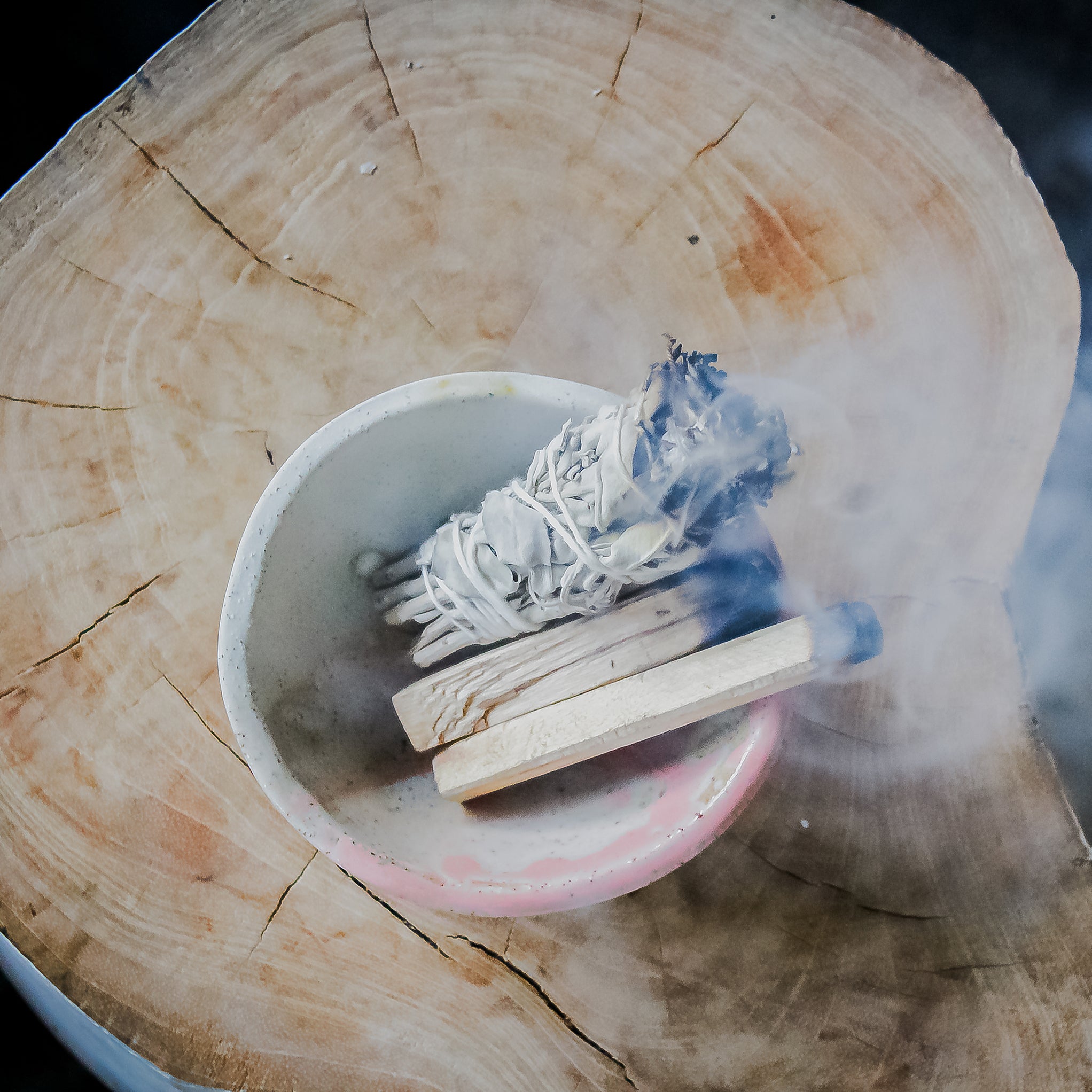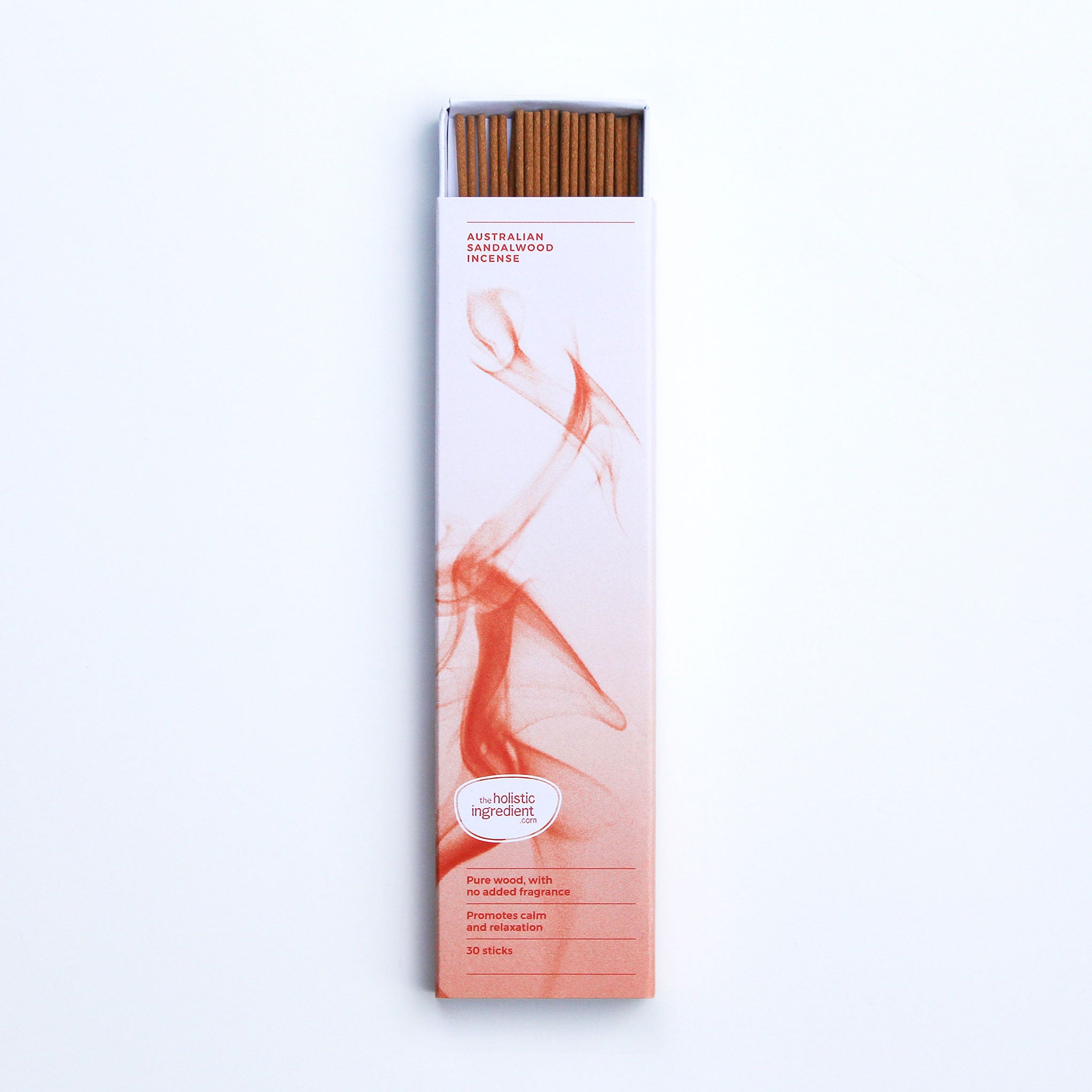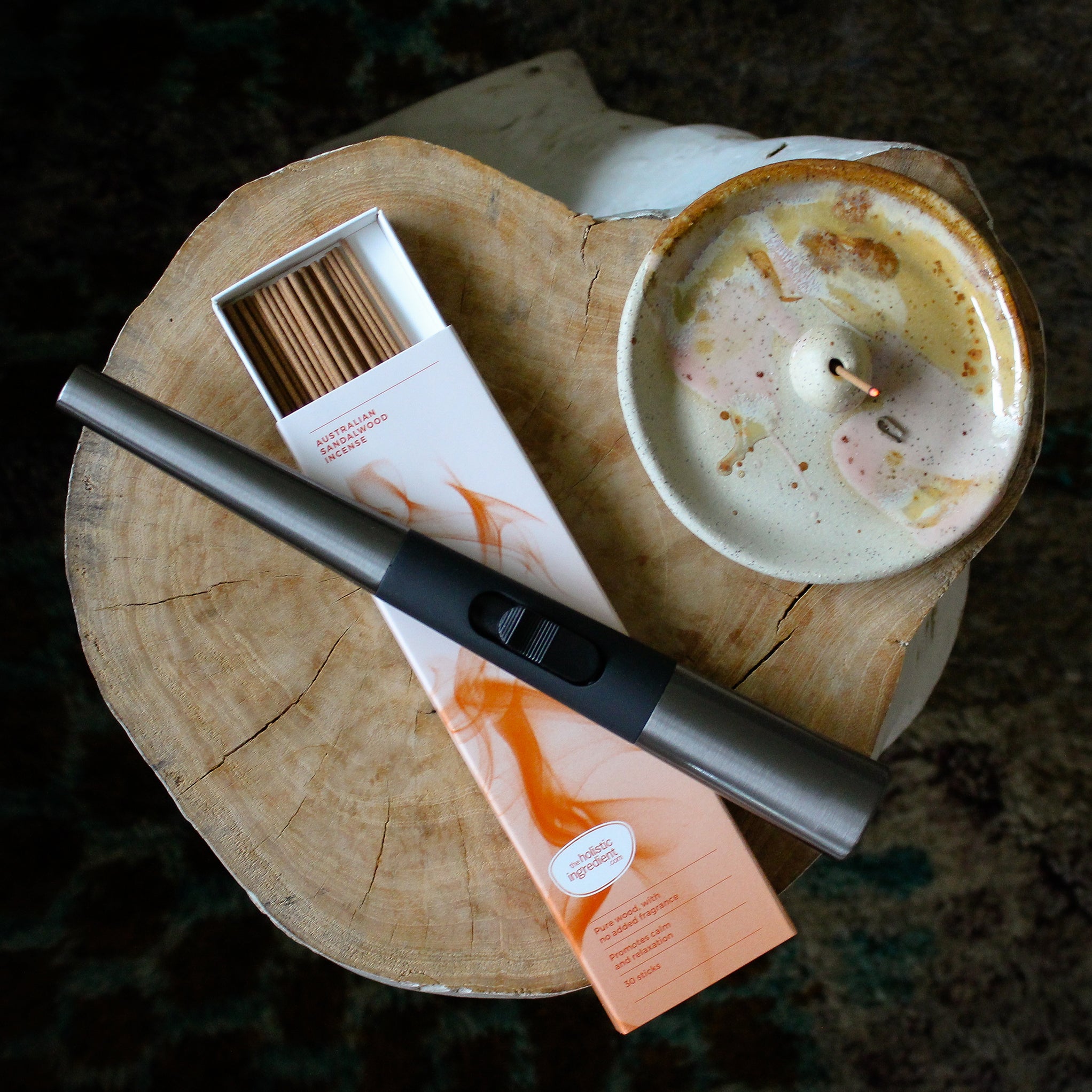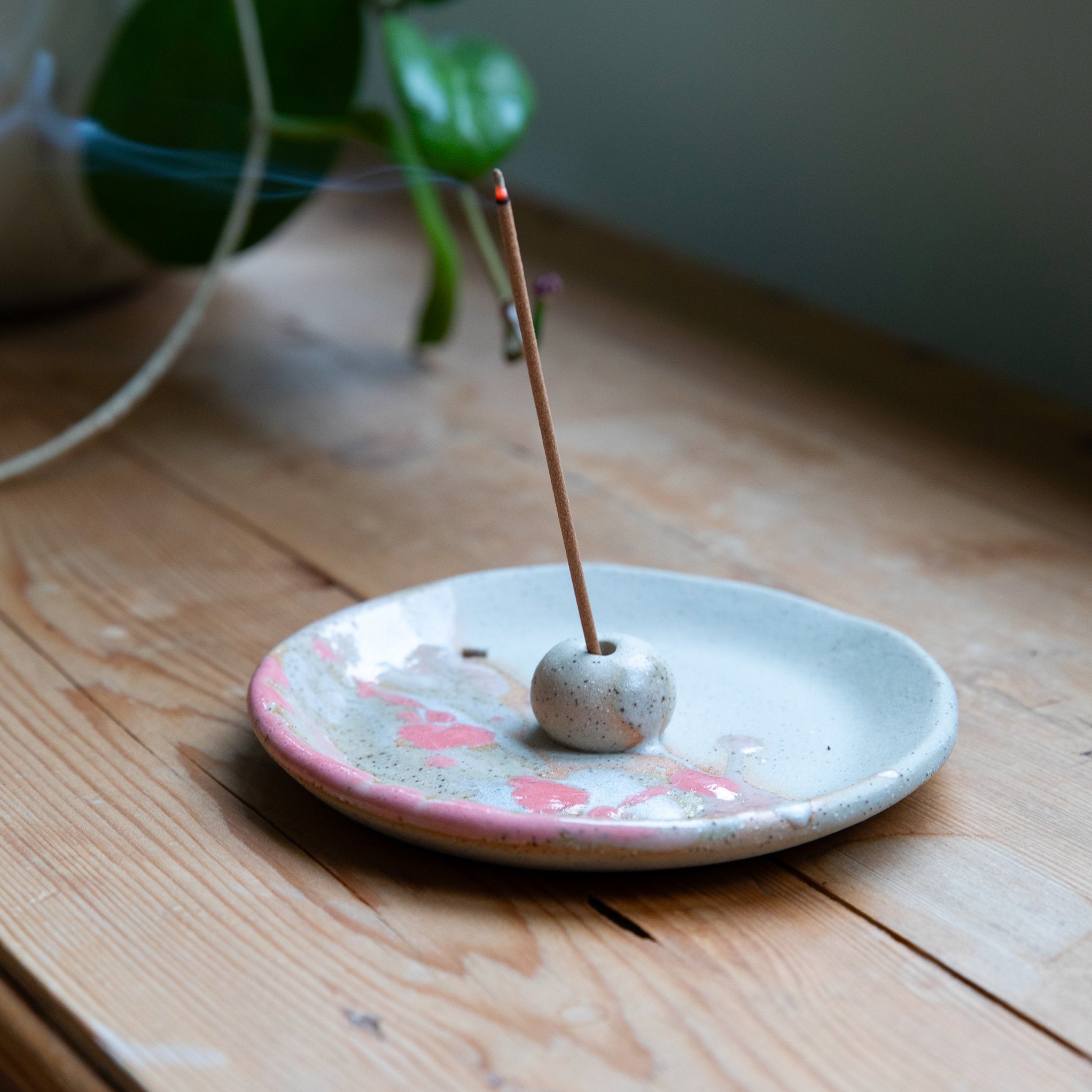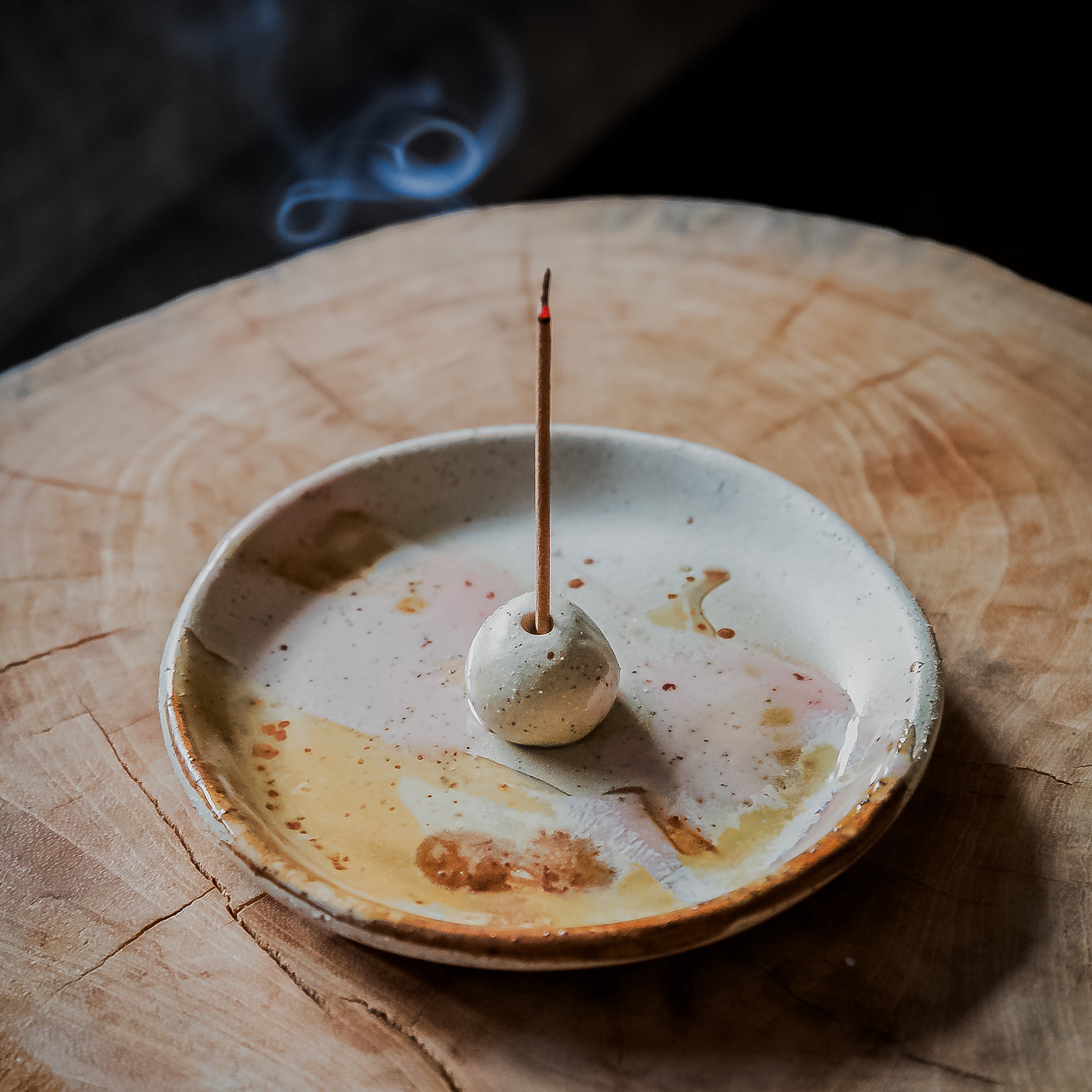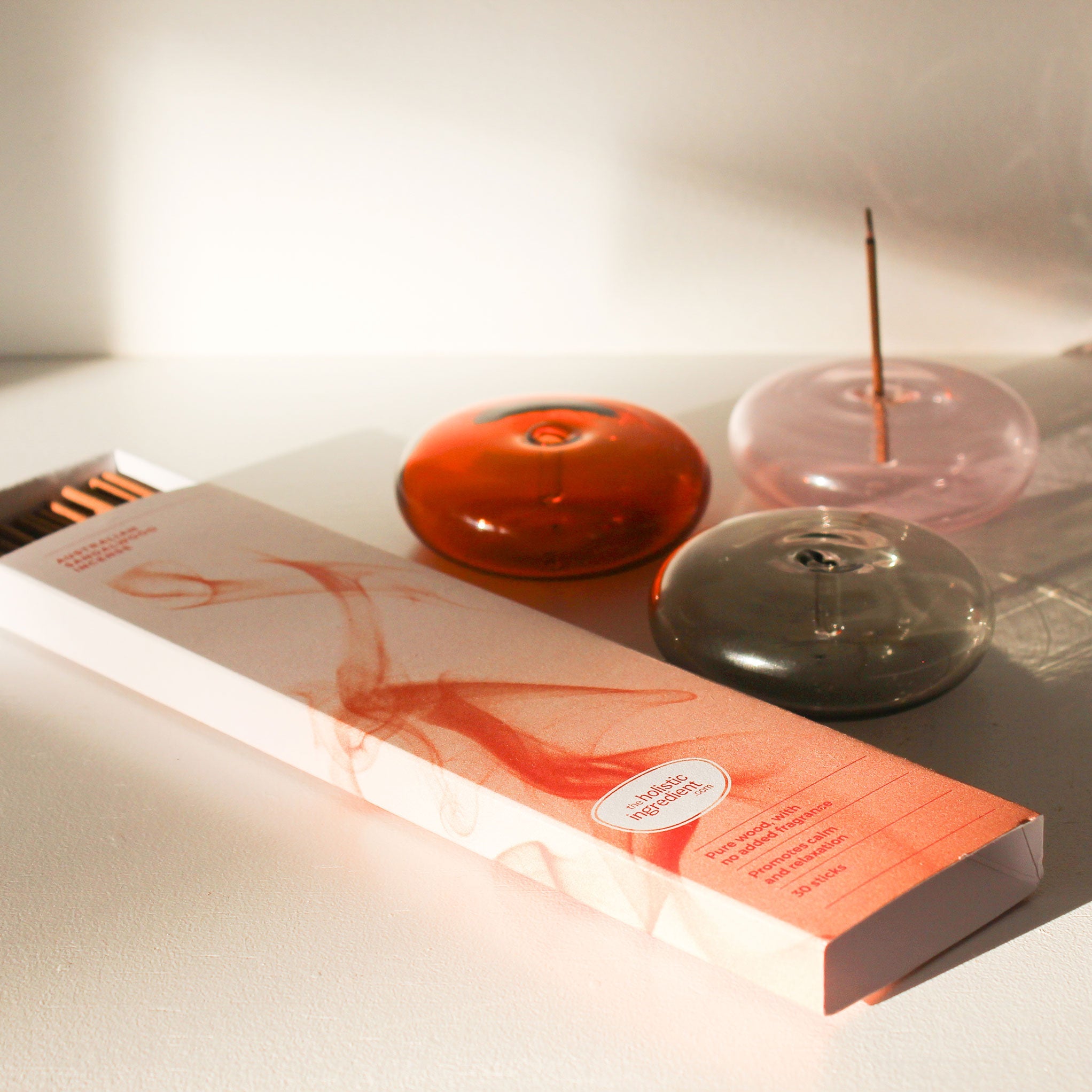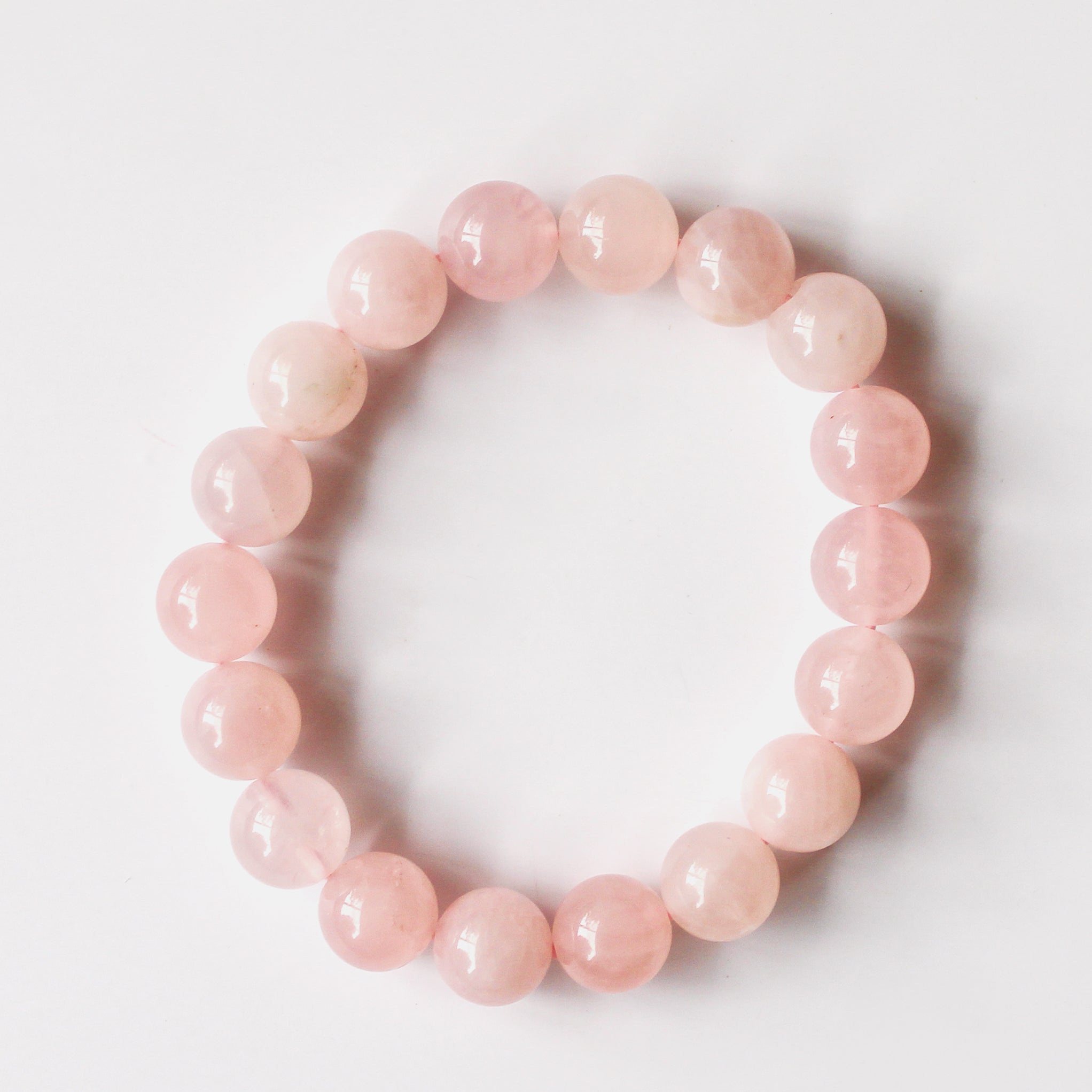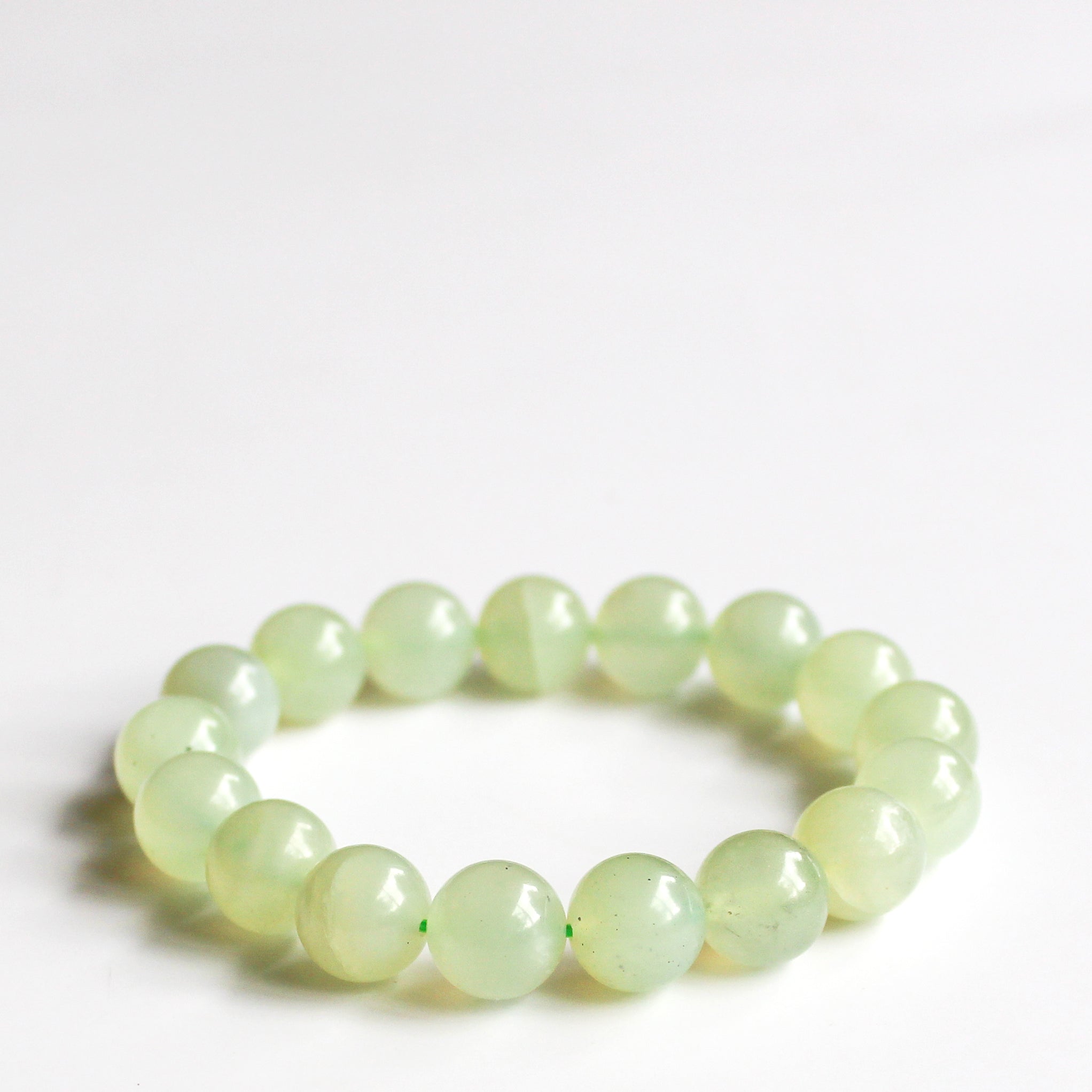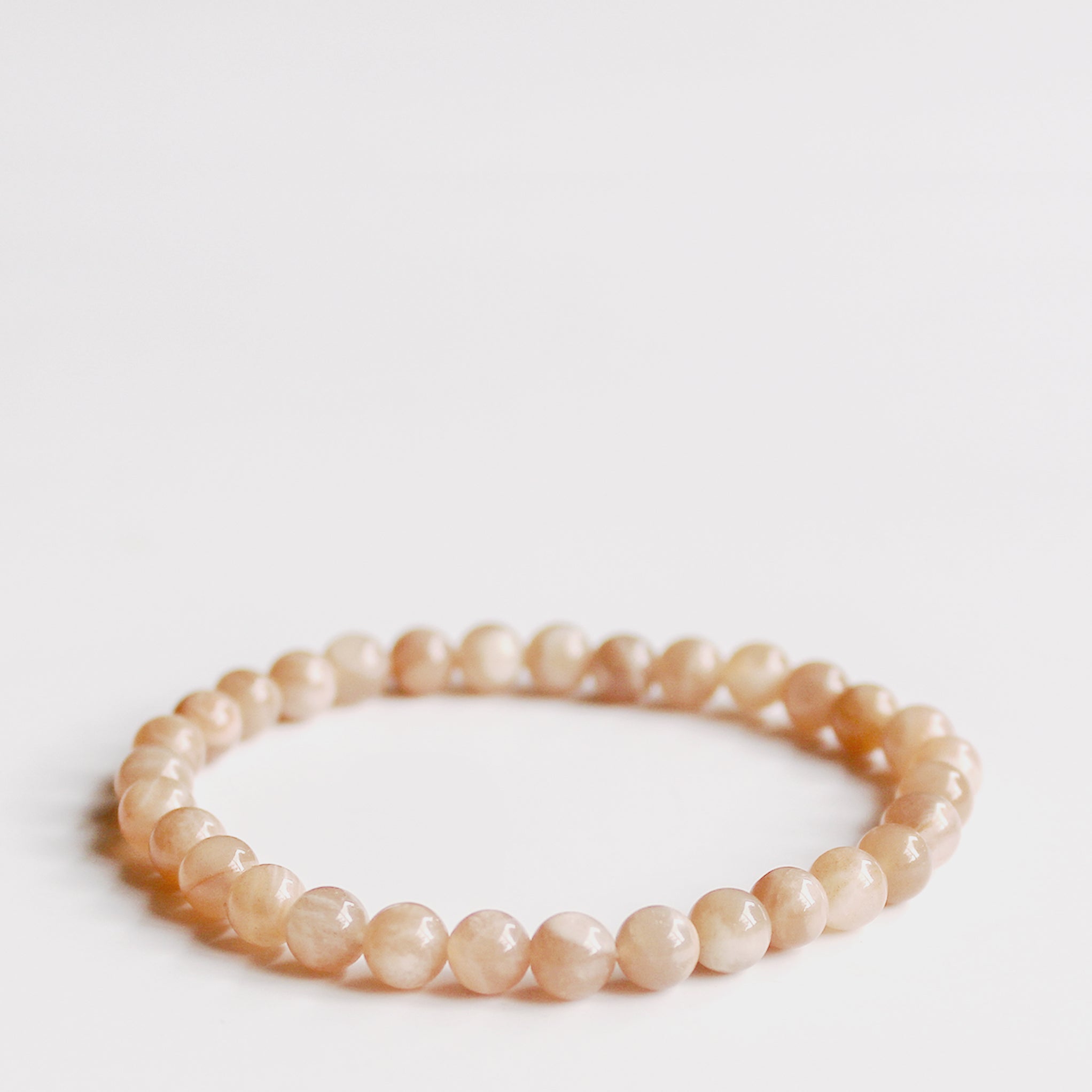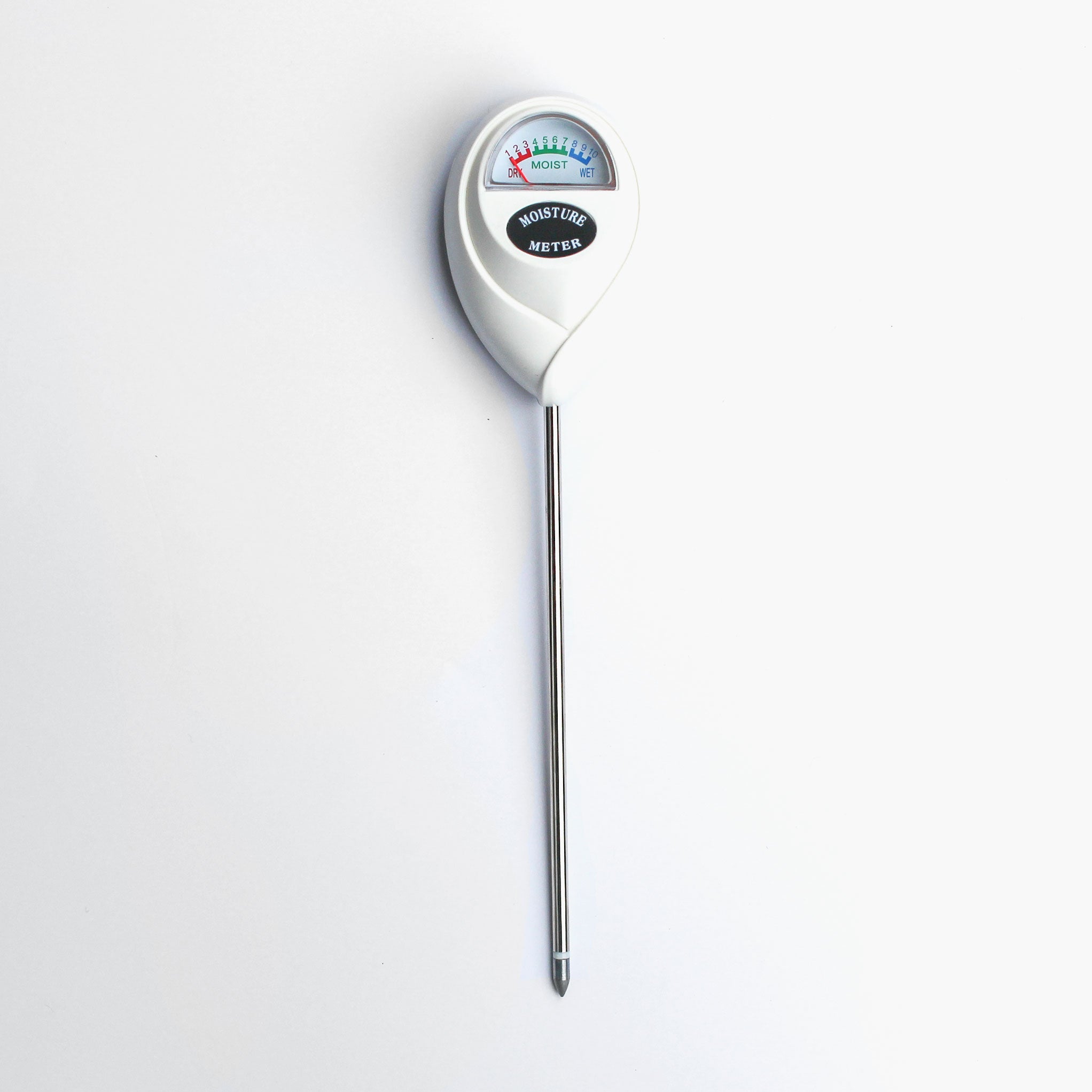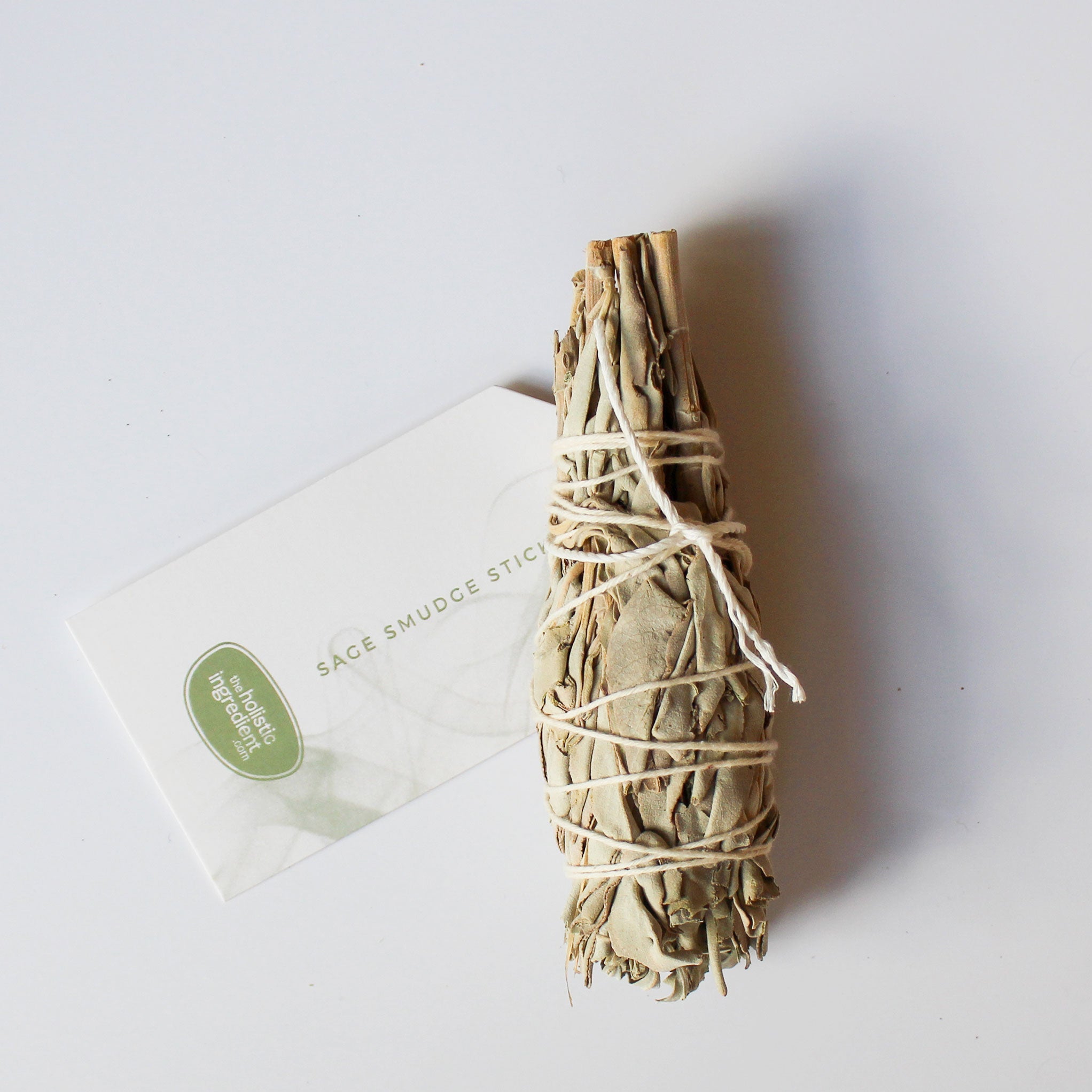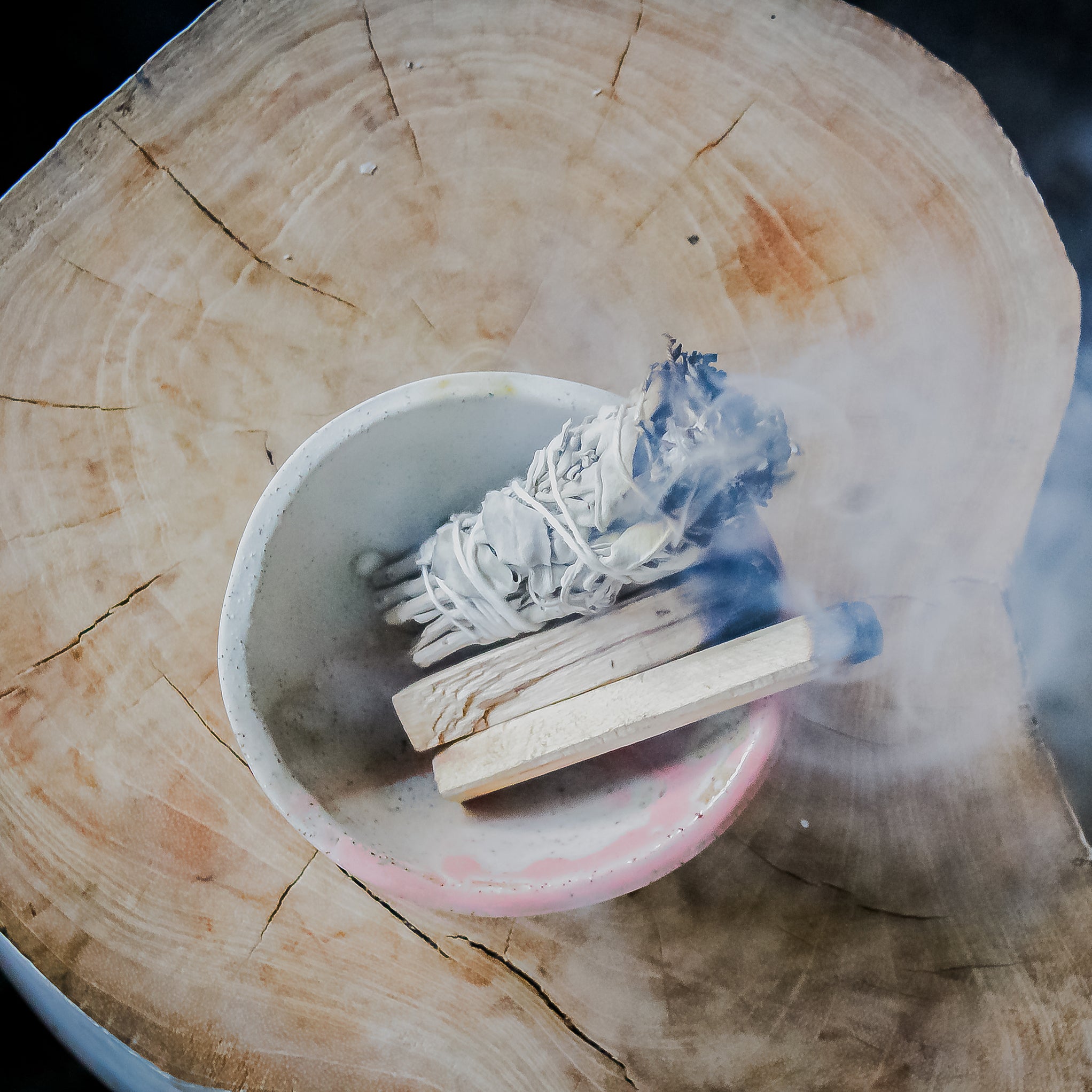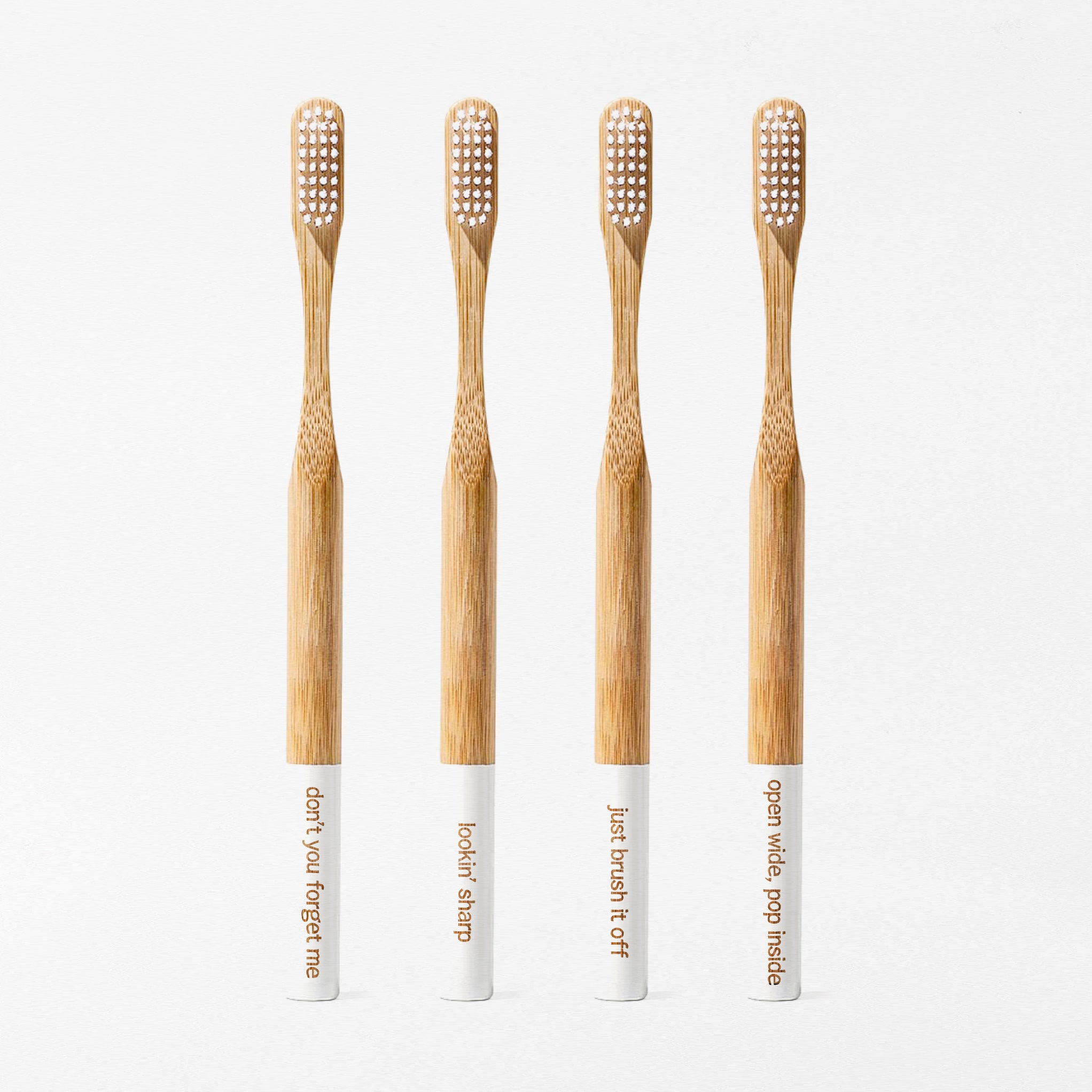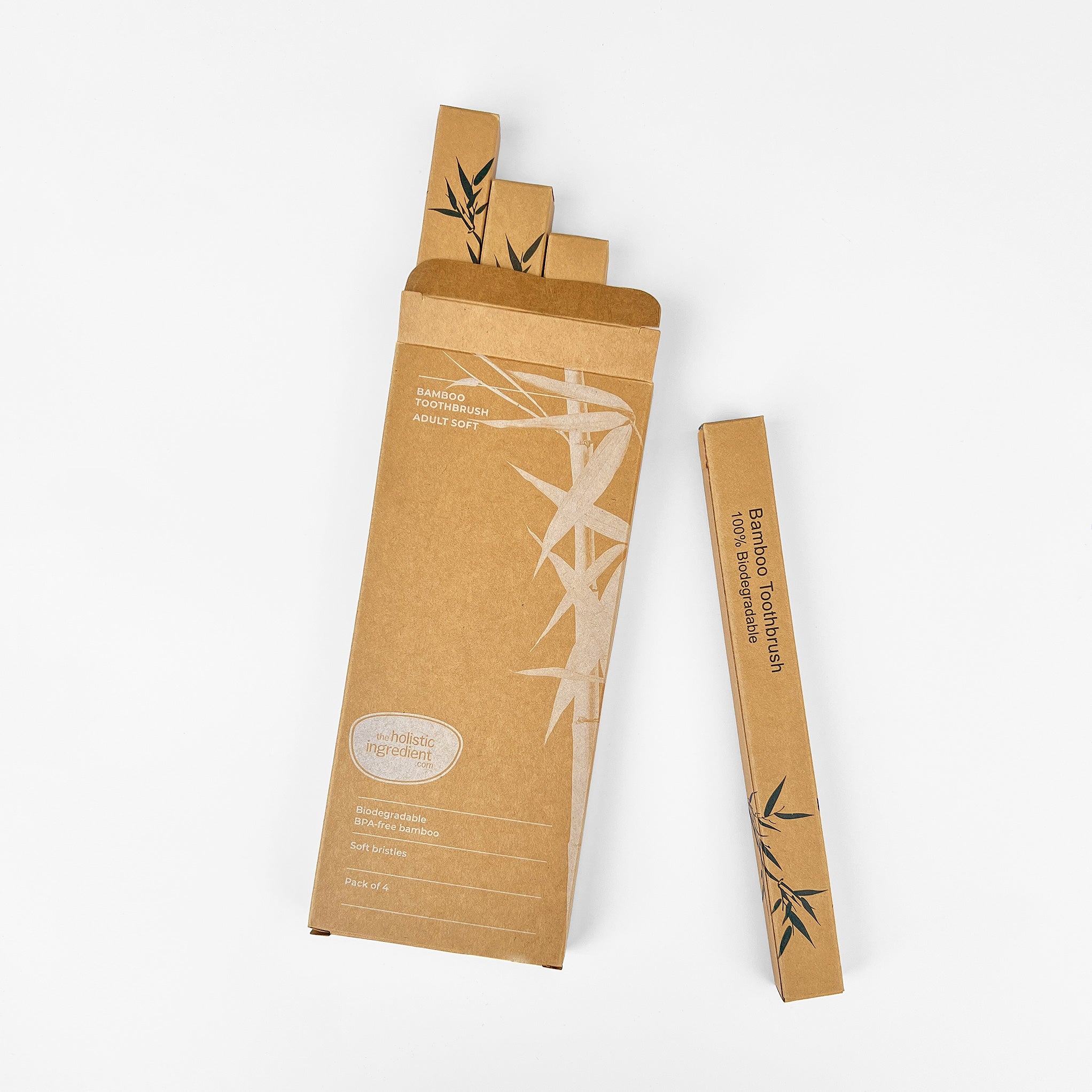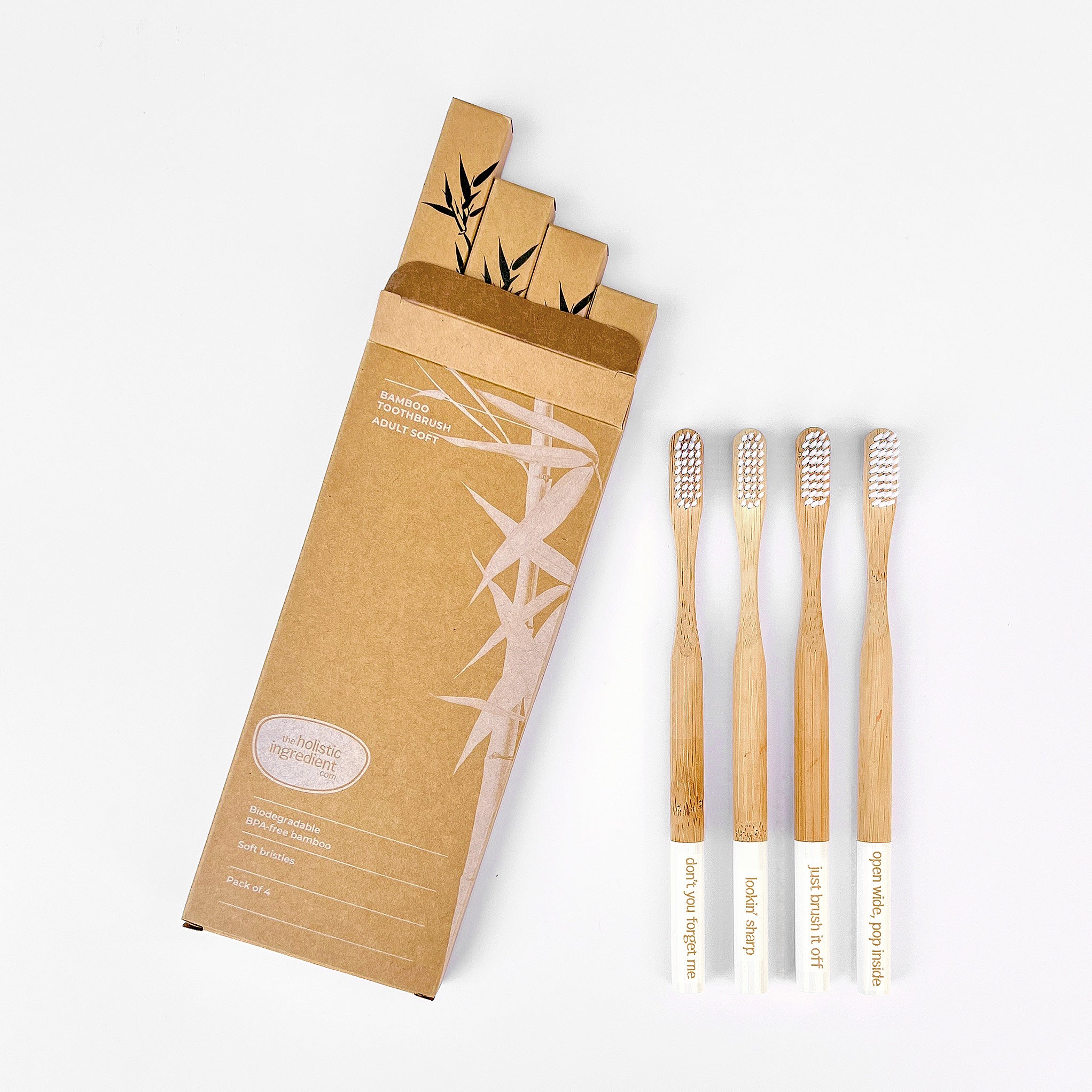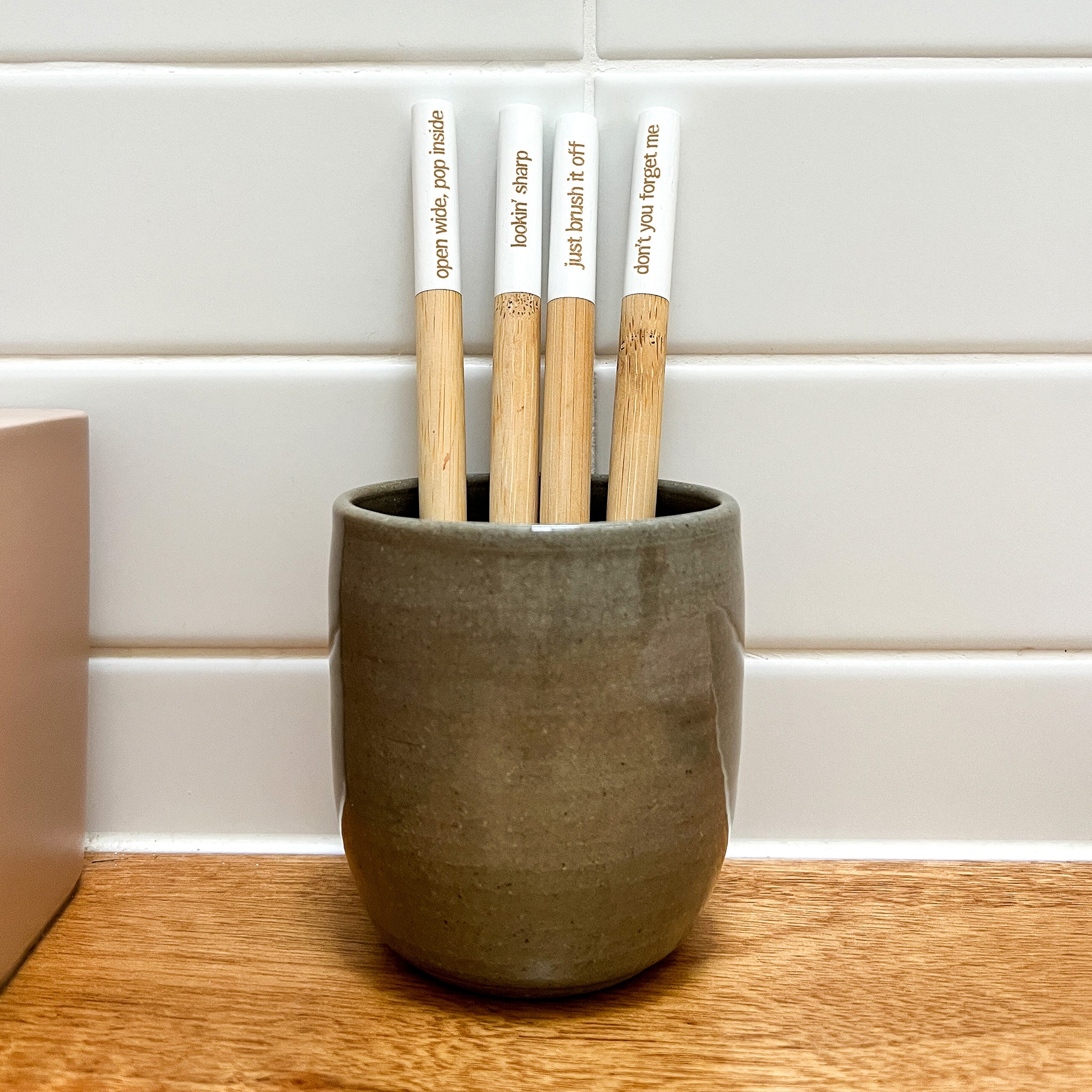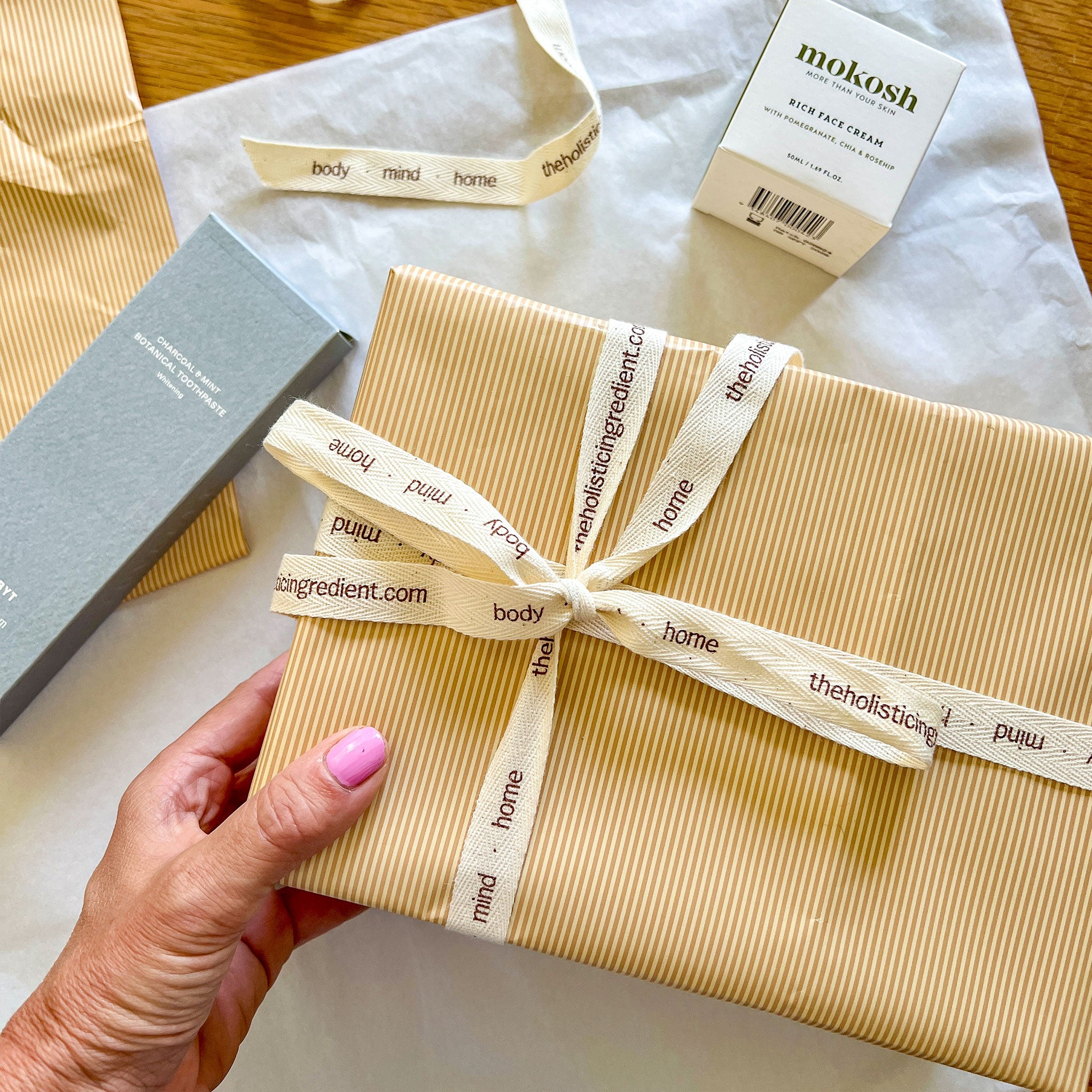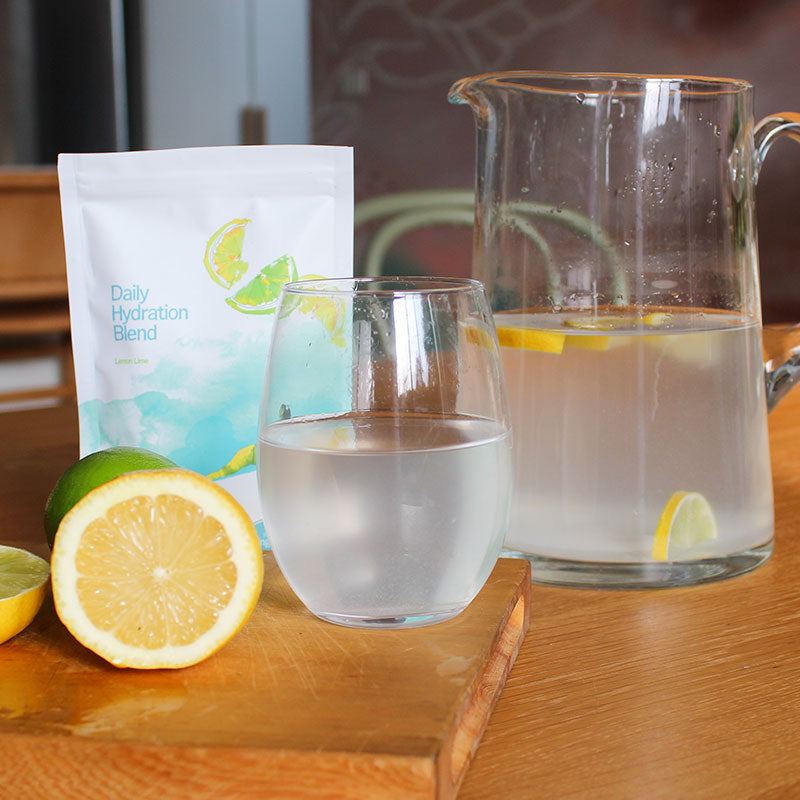
* Post edited from original publish date December 2013.
Spring is in the air!
(But for some it's not all flowers and freshly cut grass...)
Hay fever, or seasonal rhinitis, is a very common health condition, with over 3 million Australians reporting symptoms, especially at this time of year. Interestingly, Kleenex tells us that hay fever is most prevalent in the 25-34 years age bracket, and slightly more females are sufferers. We are not sure why exactly, so if you know do please share.
In any case I am here today to share our top natural remedies for the dreaded hay fever.
What exactly IS hay fever?
Hay fever is typically a reaction to pollen from trees, grasses and weeds that makes the immune system believe pollen is a harmful invader, triggering production of the antibody immunoglobulin E. This stimulates release of histamine, causing inflammation and swelling of the nasal passages, along with excessive mucus production and other symptoms such as sneezing, itching nose and throat, watery eyes and a clear, runny nose (read: really bloody annoying).
Here in Victoria where I reside pollen numbers are higher due to the prevailing winds from the north which carry pollen from the grasslands. This means that the incidence of hay fever for we Melburnians is higher than the national average, with 17, 500 per 100, 000 people affected (anyone else visualising Kleenex rubbing their hands with glee at this time of the year?).
Am I making you itchy with all of this hayfever speak? Well before you reach for those antihistamine drugs, I've some good news for you. As it happens, there are a number of natural remedies, found in foods, nutrients and herbs that are extremely beneficial for alleviating hay fever symptoms.
(Sorry Priceline but today my intention is to reduce your antihistamine drug sales).
Fruits & Vegetables
Kiwifruit.
Kiwis contain exceptional quantities of Vitamin C which is a natural anti-inflammatory and antihistamine. It also protects against secondary respiratory conditions (e.g. asthma) that may arise from the excess pollen in the air. The bioflavonoids and antioxidants present within Kiwifruit are also potent anti-histamines.
Other good food sources of vitamin C and bioflavonoids include citrus fruits, strawberries, red capsicums, broccoli, papaya, guava and mango.
Pineapple.
A rich source of bromelain, an enzyme that produces strong anti-inflammatory effects, pineapples assist with decreasing nasal congestion and inflammation of mucous linings.
Onion.
Packed with the flavonoid quercetin, a powerful anti-inflammatory and natural anti-histamine. Onions are best eaten raw, to receive the beneficial anti hayfever effect. Why not toss a red onion through a summer salad?
Quercetin is also found in apples, kale, red grapes, berries, cherries and parsley.
All Orange Fruits & Vegetables.
The vibrant colour of carrots, pumpkins, apricots, mango and papaya indicates high levels of beta carotene, which is converted to vitamin A in the body. This vitamin ensures mucous membranes are kept healthy, reducing inflammation and preventing secondary respiratory infections.

Teas
Nettle tea.
May help relieve inflammation of the upper respiratory tract and ease nasal congestion, sneezing and itching.
Licorice tea.
Licorice root has a soothing effect and helps to reduce irritation of the respiratory system.
Spices
Turmeric.
Turmeric contains curcumin, a phytochemical with powerful antioxidant and anti-inflammatory actions that are comparable to steroidal and nonsteroidal drugs. Curcumin has also been found to have anti-allergy properties, which inhibit the release of histamine.
Have you tried my Golden Turmeric Milk?
Ginger.
A powerful natural anti-inflammatory that helps reduce nasal swelling and associated hay fever symptoms. Ginger tea and raw honey is a great option, working to break up chest congestion and loosen phlegm. It strengthens the immune system and acts as a natural antihistamine. If you love a biscuit, try these!
Horseradish and garlic.
These beauties will also assist you during your hayfever struggles, acting as a decongestant to clear nasal passages.
Foods to avoid
It is also important to note which foods exacerbate the effects of hayfever. Be sure to limit or avoid cow’s milk and other dairy products as they can increase the production of mucus in the respiratory tract and increase hay fever nasal congestion. Try alternatives such as rice, almond, quinoa and coconut milks.
Of course, always consult your health practitioner for the best remedies for you.
Do you have any of your own tips to help reduce the impact of hay fever season? If so, do please share them!
* Credit to Kleenex and Blackmore's for some information in this post.





